Northern Velebit National Park Marks World Wildlife Day
March 7th, 2022 - In Croatia, freshwater and marine ecosystems are some of the most sensitive and most endangered, but also the most important national resources
World Wildlife Day was marked at Northern Velebit National Park last week, reports Novi list. Observed on March 3rd worldwide, Wildlife Day is the biggest annual event dedicated to wild animal and plant species. It was established in December 2013 at a UN conference; on the same day in 1973, the Convention on International Trade in Endangered Species of Wild Fauna and Flora was signed.
The theme of this year's Wildlife Day was ‘Recovery of Species Crucial to Ecosystem Restoration’, designed to draw attention to the conservation status of some of the most endangered wildlife species and encourage discussions on how to design and implement solutions for their conservation in the future.
In Croatia, freshwater and marine ecosystems are some of the most sensitive, most endangered, but also the most important national resources. According to IUCN Red List data, over 8,400 species of wild fauna and flora are critically endangered at the moment, with another 30,000 species considered endangered or vulnerable.
Based on these estimates, more than a million species could be threatened with extinction, stated representatives of the national park, adding that the loss of biodiversity, species, habitats and ecosystems poses an existential threat to life on Earth.
People worldwide rely on healthy and functional ecosystems for services they provide for free. These services support our existence, fulfil some of our basic needs, dictate the quality of our lives and provide economic opportunities.
This year's World Wildlife Day sent a strong message about the importance of healthy ecosystems and invites us to help reverse the fate of the most endangered species, support the restoration of their habitats and entire ecosystems, and promote their sustainable use by humanity.
The EU has prepared an ambitious and long-term plan, entitled Biodiversity Strategy until 2030, aiming to protect nature and stop the degradation of ecosystems, including freshwater and marine ones. The plan aims to convert a minimum of 25,000 kilometres of rivers into free-flowing rivers by 2030, primarily by removing redundant barriers and restoring floodplains and wetlands.
Restoring marine ecosystems back to a favourable state is somewhat more complex and requires the sustainable use of marine resources and strictly protected areas, the restoration of carbon-rich ecosystems, important hatcheries and habitats, and the implementation of measures to limit the use of fishing gear that’s harmful to biodiversity, says the message of Northern Velebit National Park.
PHOTOS: Snowy Riversides and Magical Mountains of Croatia in January 2022
January 28, 2022 – The snowy riversides and magical mountains of Croatia in January 2022 show a spectacular and all-natural winter wonderland.
Snow finally stuck to the streets of central Zagreb for a couple of days this week. Early morning temperatures dropped to the lowest yet of this winter. Despite the chill, clear skies and sunshine days were enough to see the snow soon melt away.
But, far from the city, the snowy riversides and magical mountains of Croatia in January 2022 have kept their white blanket for longer. These all-natural landscapes look epic after the snowfall. For winter walkers and climbers – or even just lovers of photography – these images are way more spectacular than the bright lights and theatre of the Advent season.
Let's take a closer look at the winter wonderland of snowy riversides and magical mountains of Croatia in January 2022.
Gorski Kotar
Delnice, Lokve, Fužine, Stara Sušica, Ravna Gora
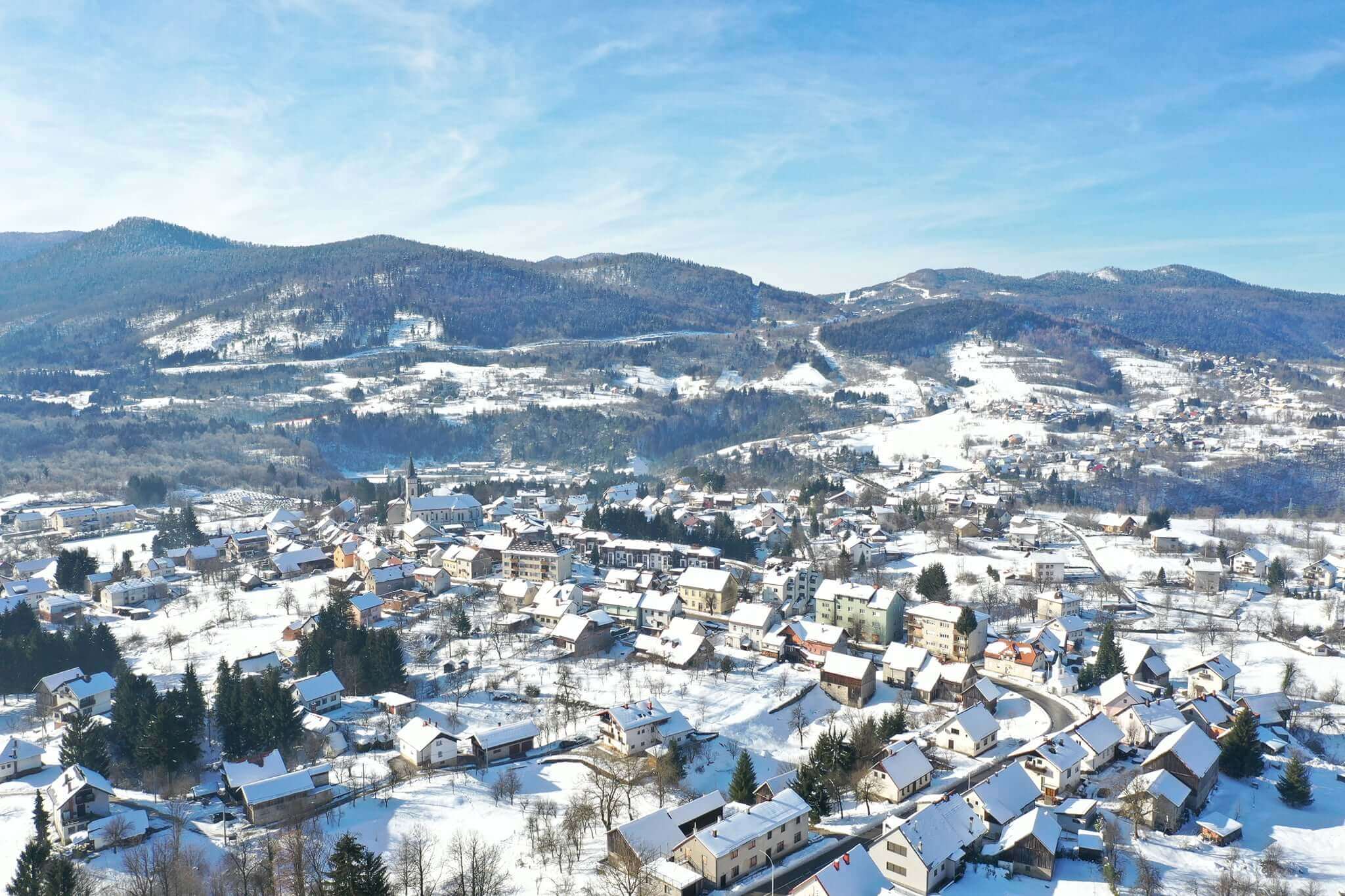 © Turistička zajednica Gorskog kotara
© Turistička zajednica Gorskog kotara
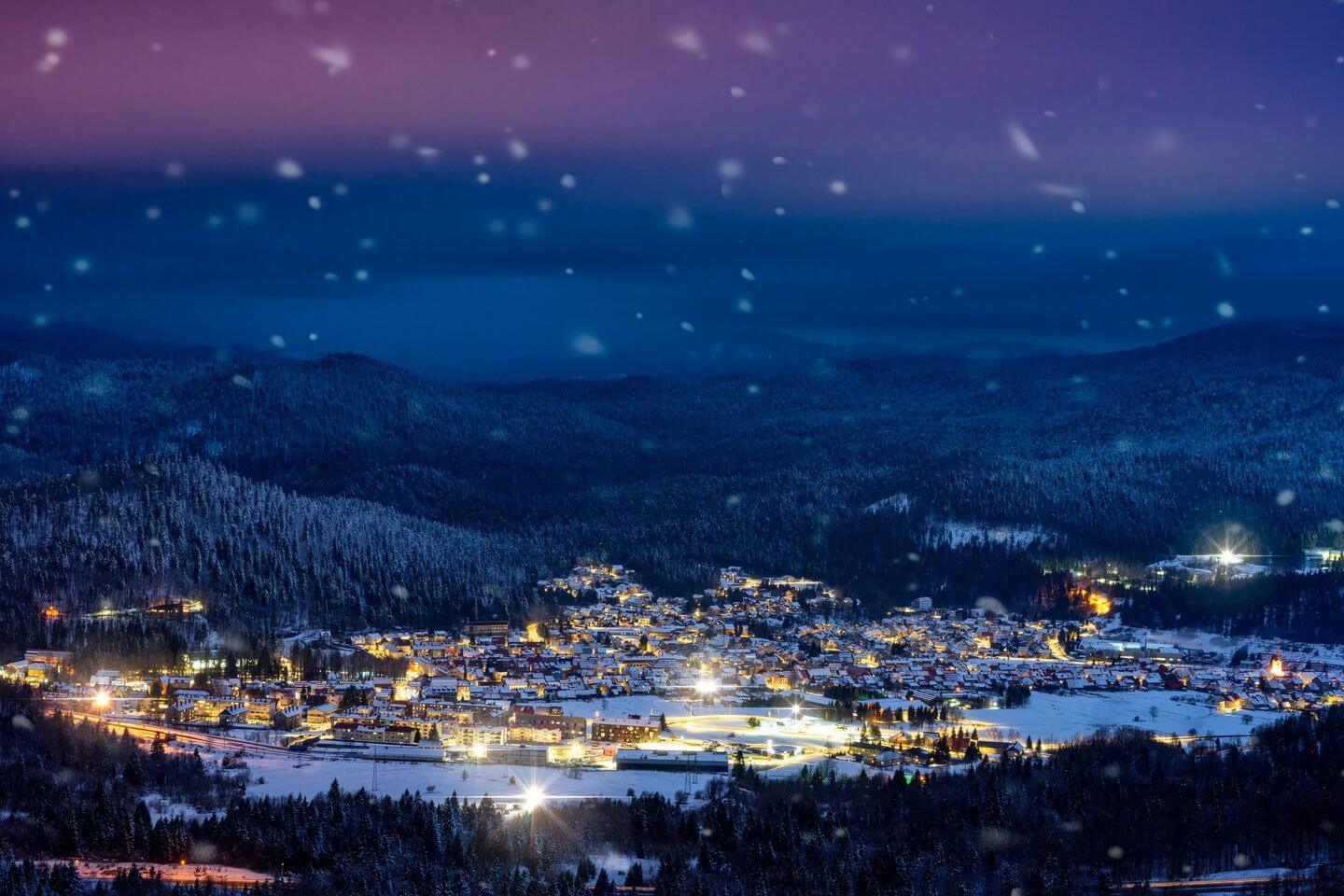 © Turistička zajednica Gorskog kotara
© Turistička zajednica Gorskog kotara
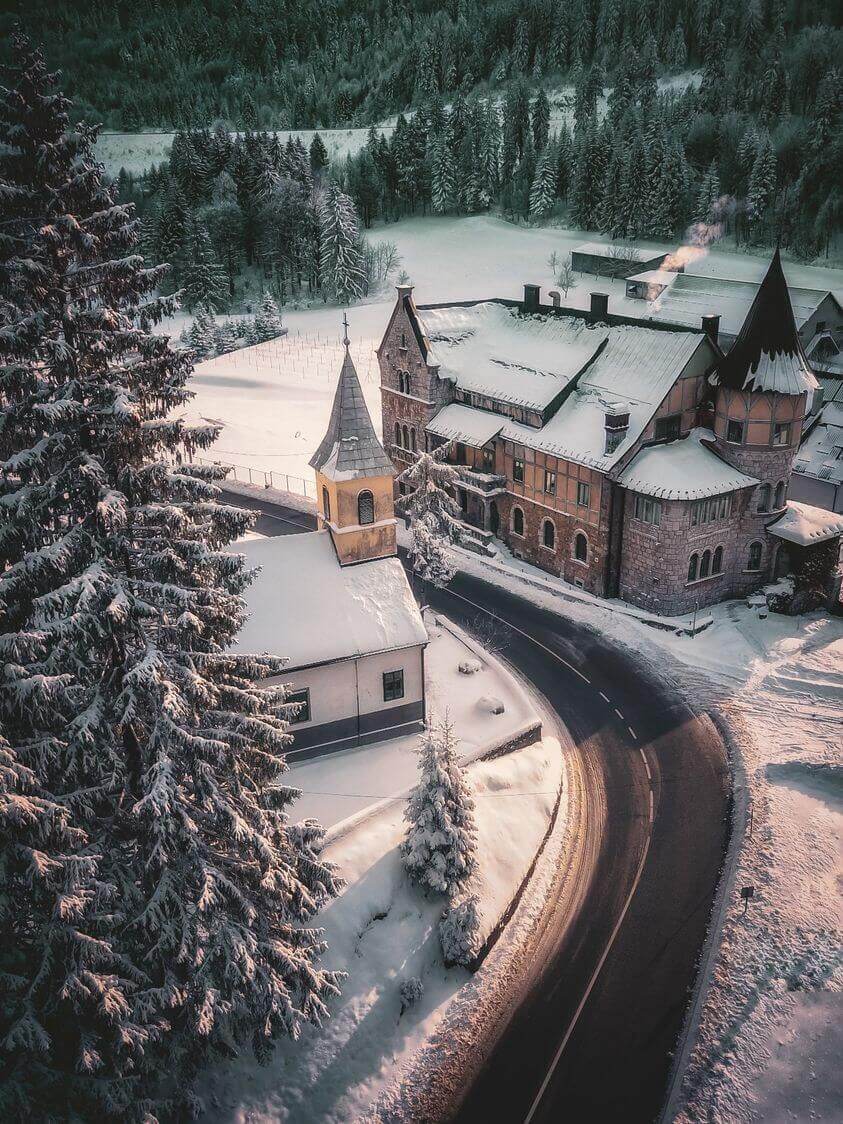 From above, Dvorac Stara Sušica © Vladimir Franolić
From above, Dvorac Stara Sušica © Vladimir Franolić
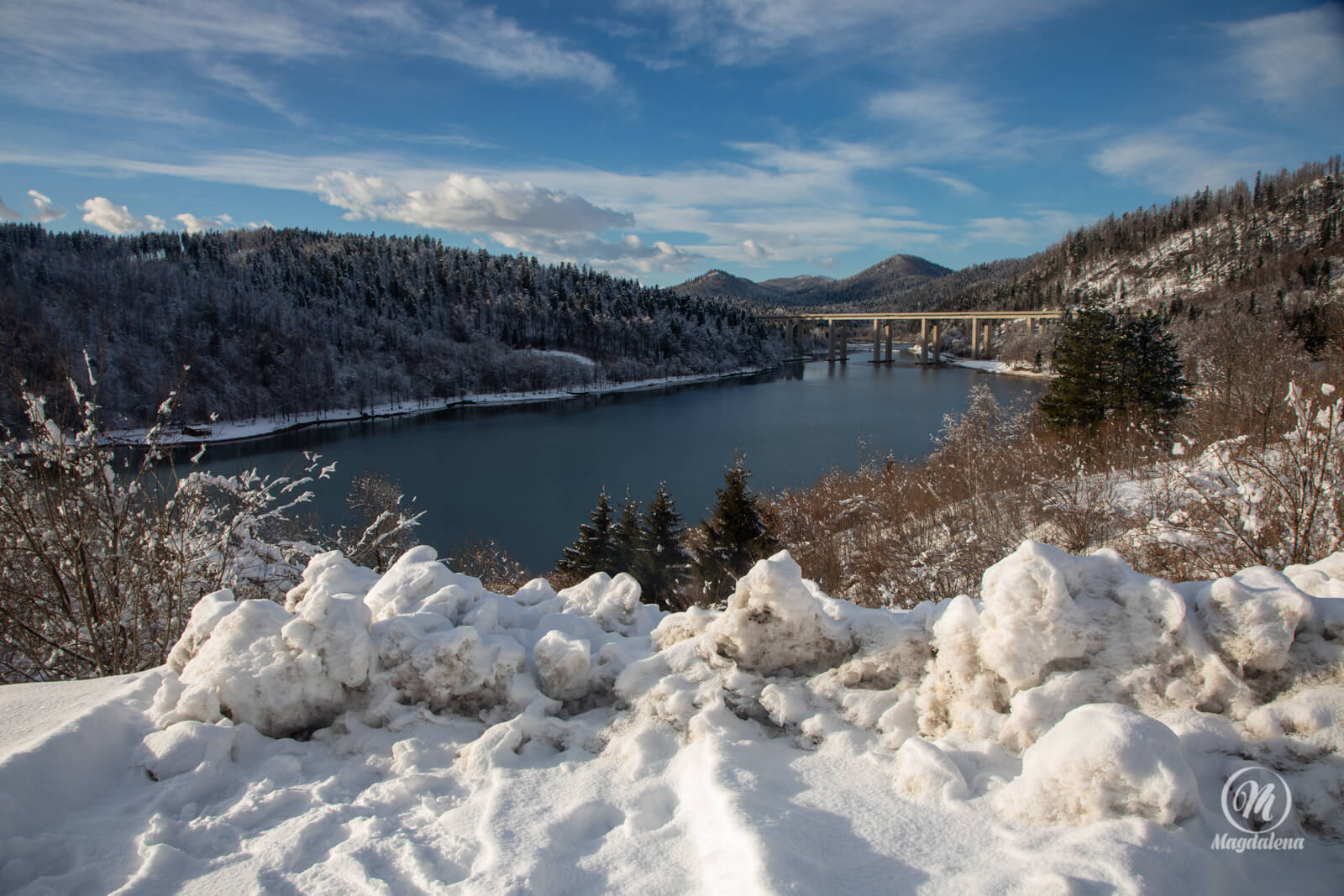 © Branko Lautar & Višnja Bolf
© Branko Lautar & Višnja Bolf
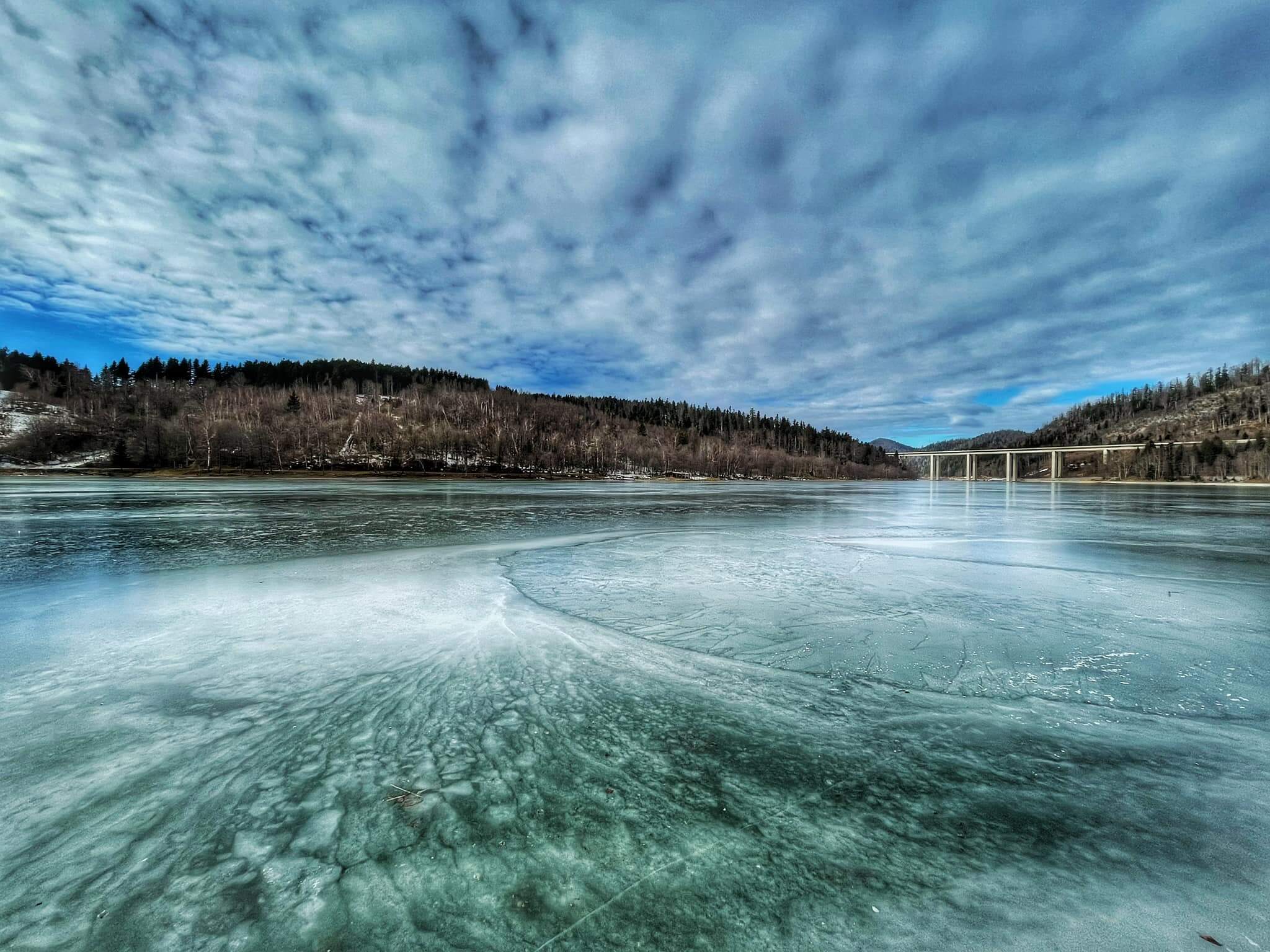 Jezero Bajer near Fužine © Marino Kirinčić
Jezero Bajer near Fužine © Marino Kirinčić
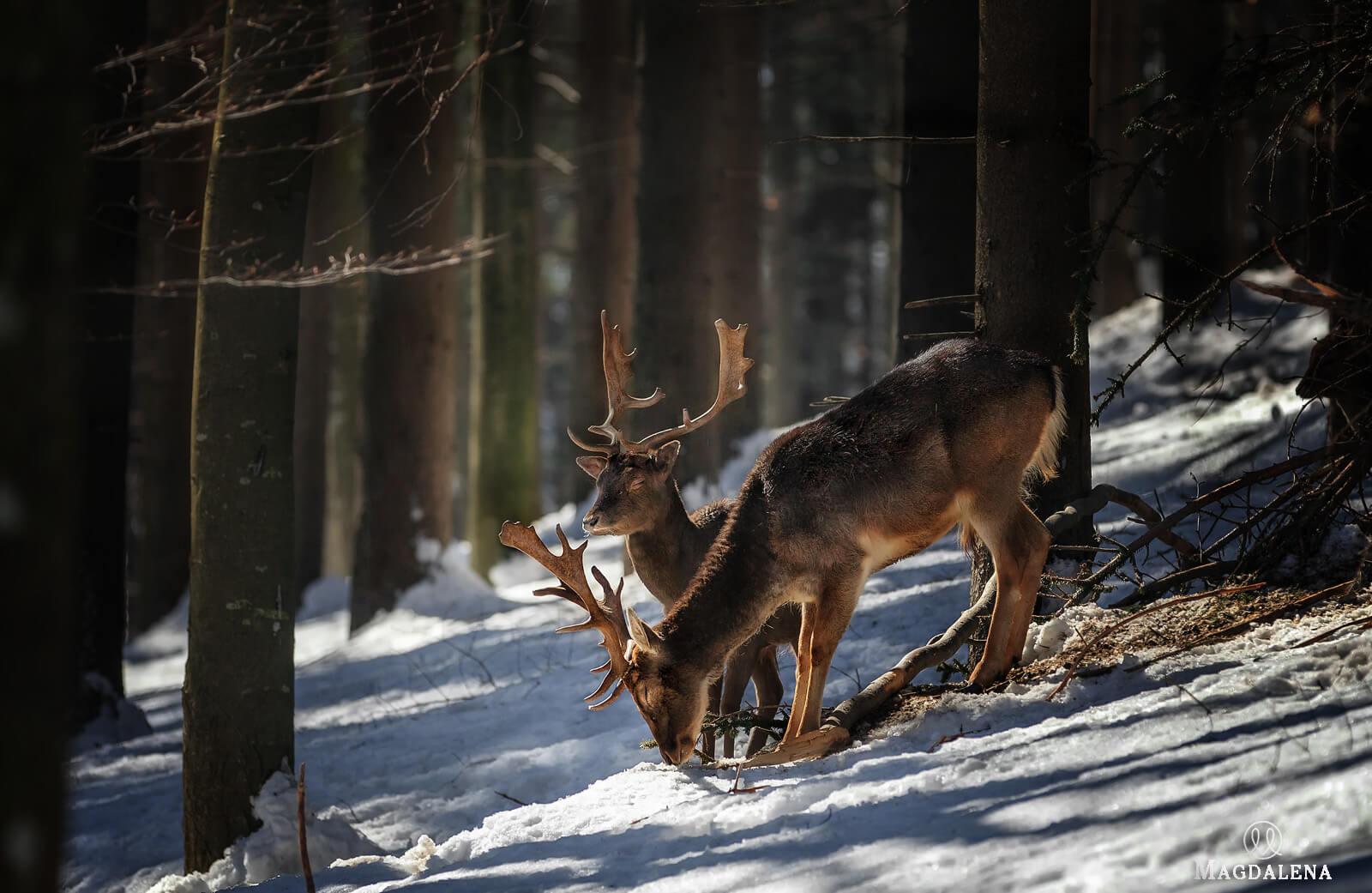 © Branko Lautar & Višnja Bolf
© Branko Lautar & Višnja Bolf
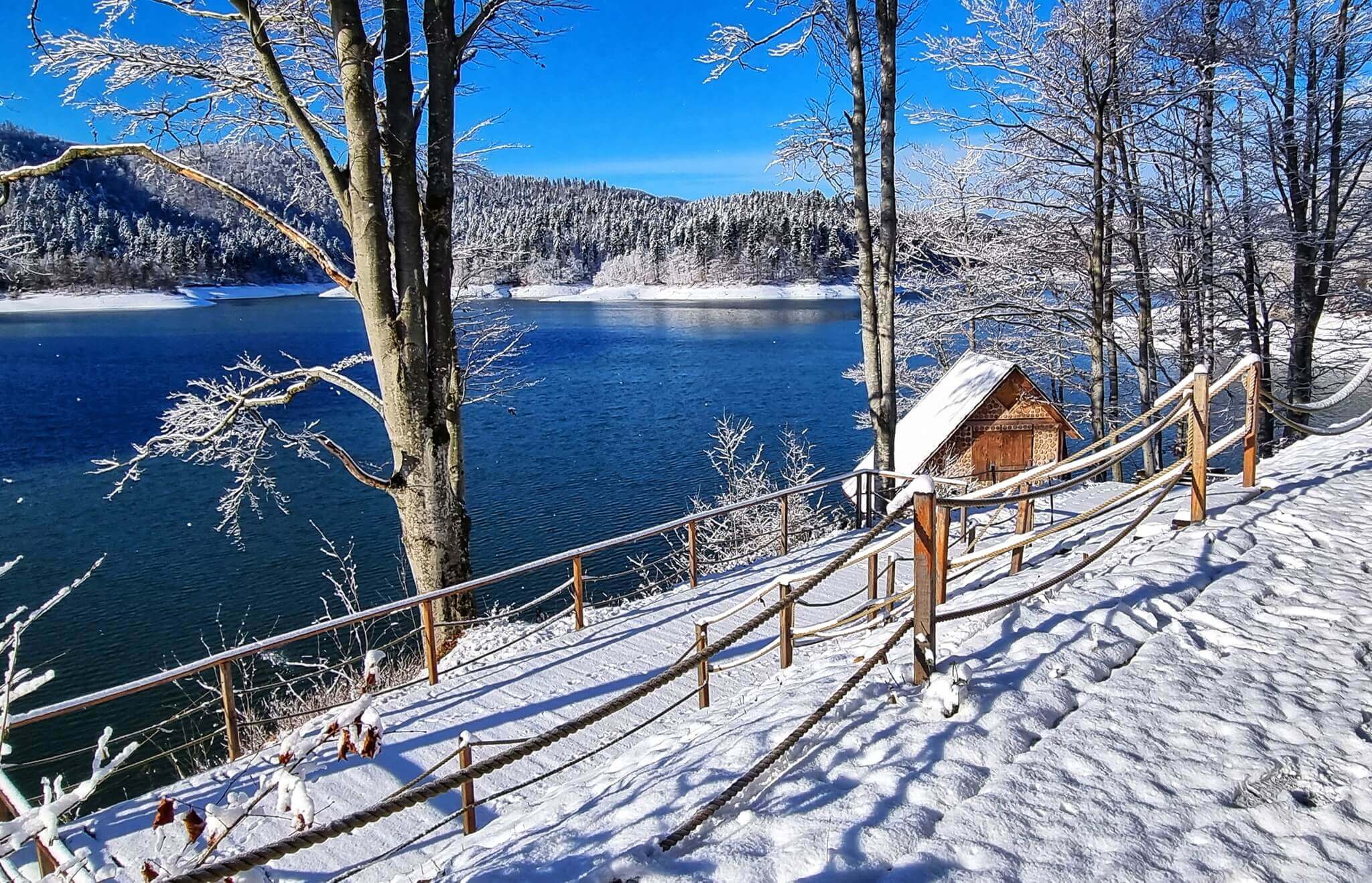 © Turistička zajednica Gorskog kotara
© Turistička zajednica Gorskog kotara
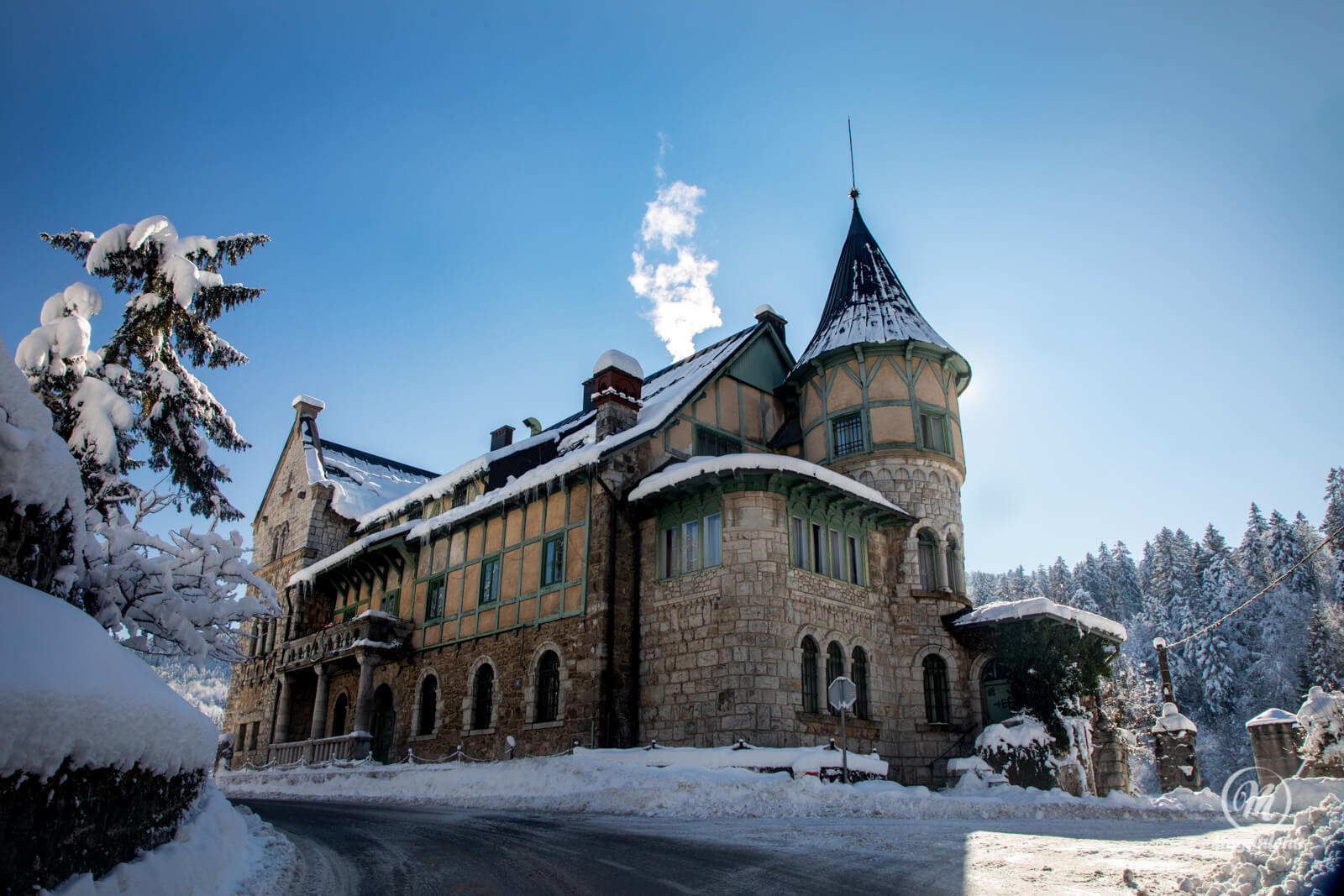 Another view of Dvorac Stara Sušica © Branko Lautar & Višnja Bolf
Another view of Dvorac Stara Sušica © Branko Lautar & Višnja Bolf
Risnjak National Park and Snježnik Hrvatski
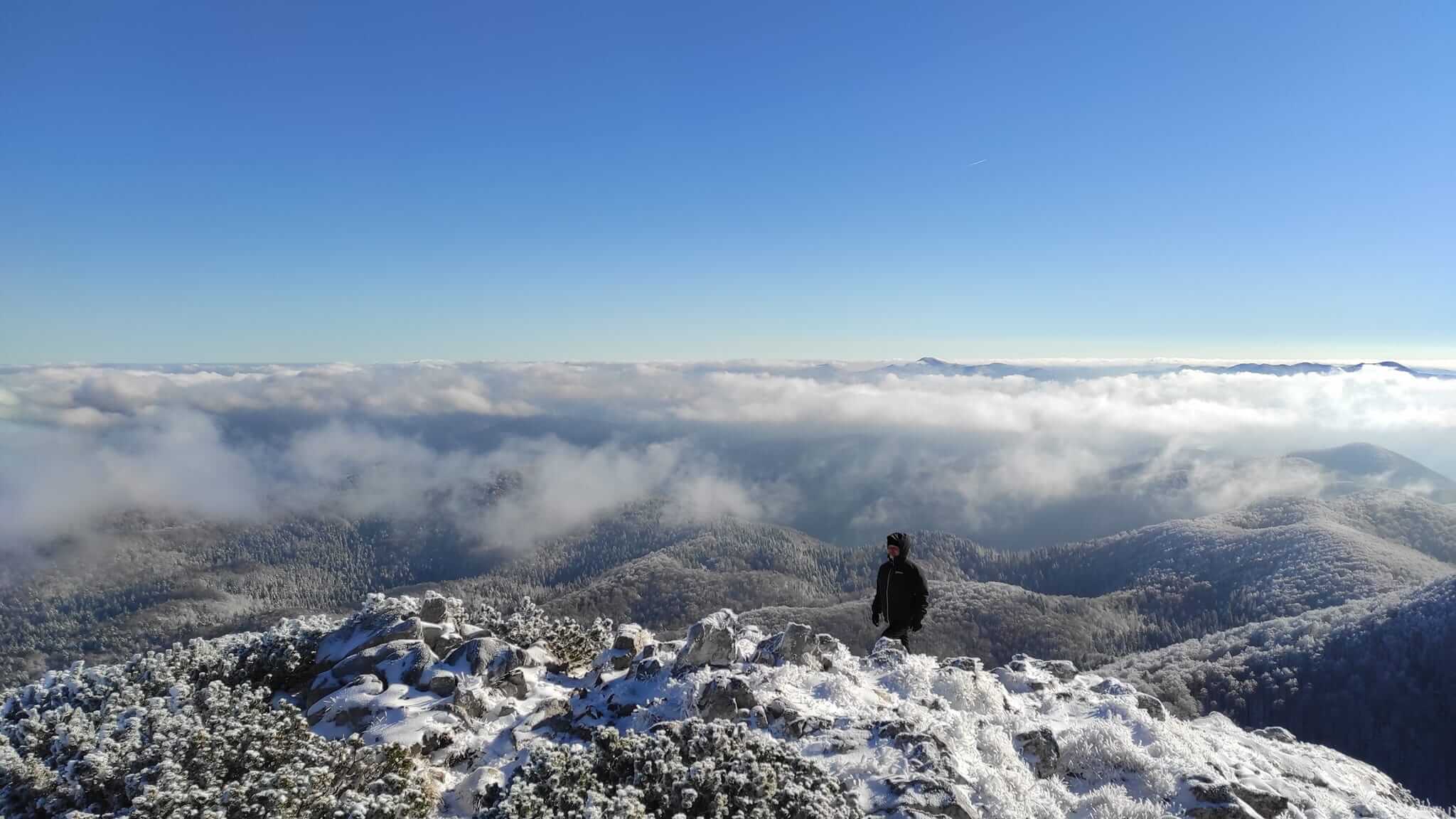 © Risnjak National Park
© Risnjak National Park
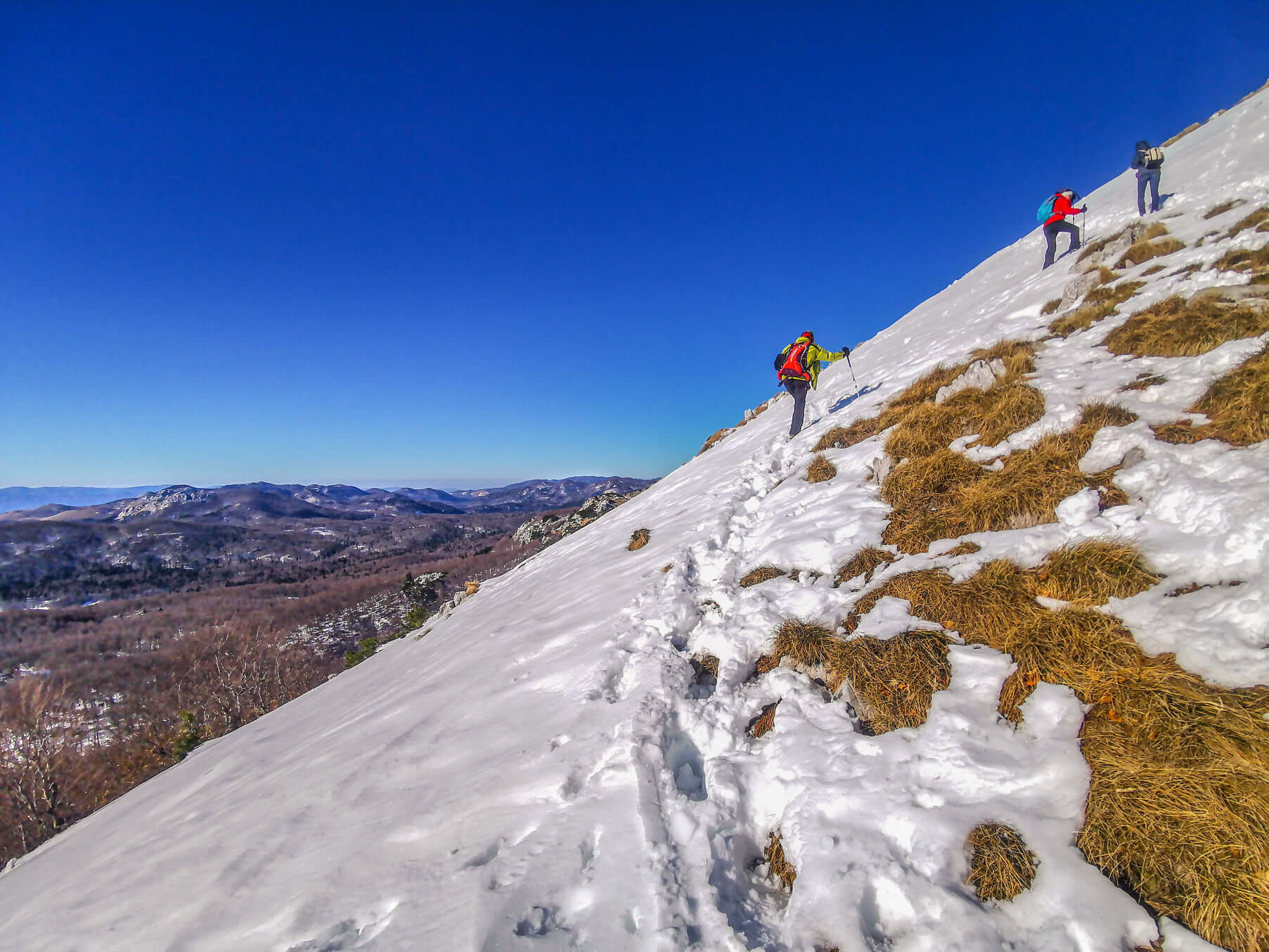 Snježnik hrvatski © Ivan Ćuća-Žentil
Snježnik hrvatski © Ivan Ćuća-Žentil
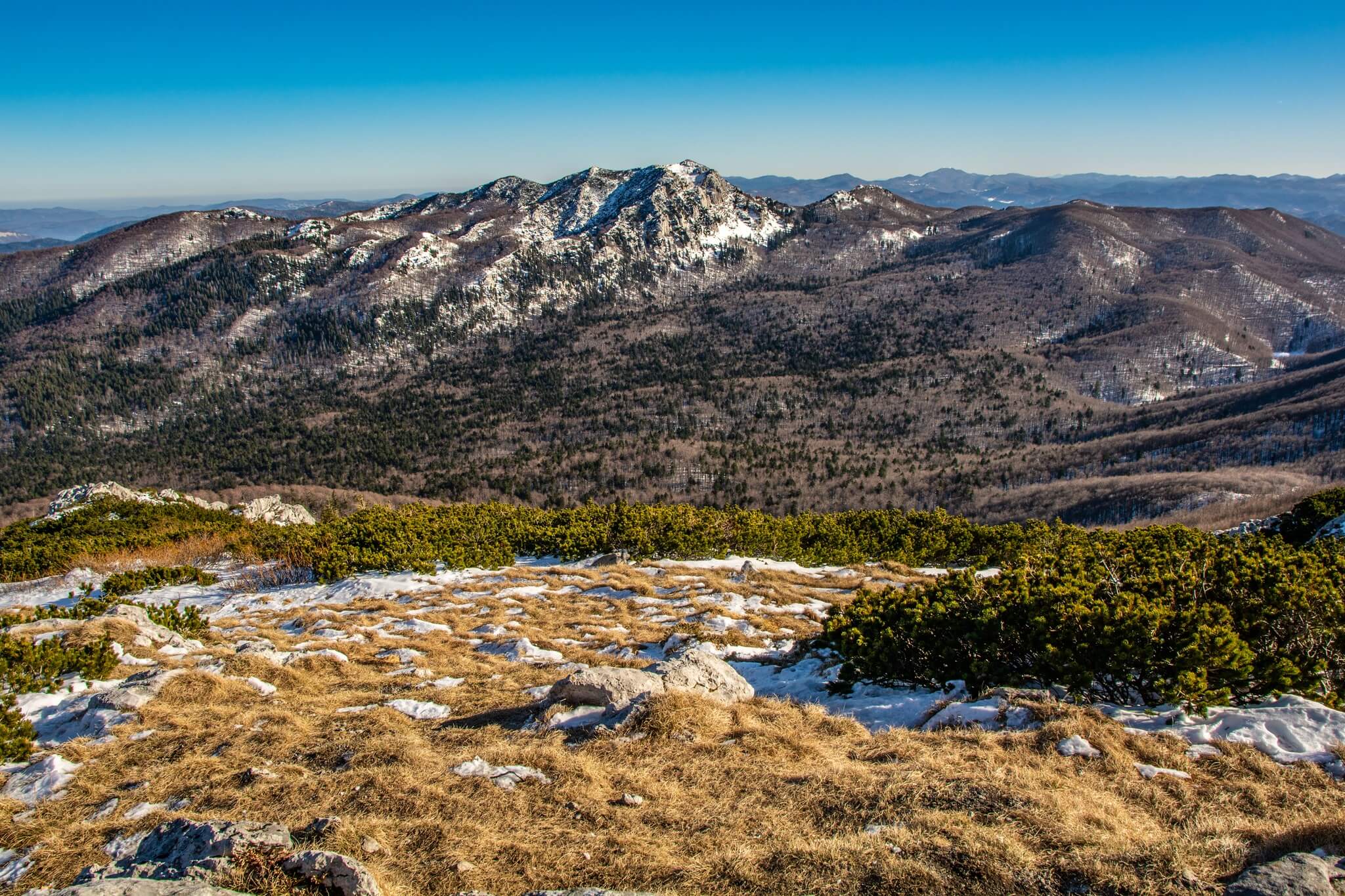 Snježnik hrvatski © Ivan Ćuća-Žentil
Snježnik hrvatski © Ivan Ćuća-Žentil
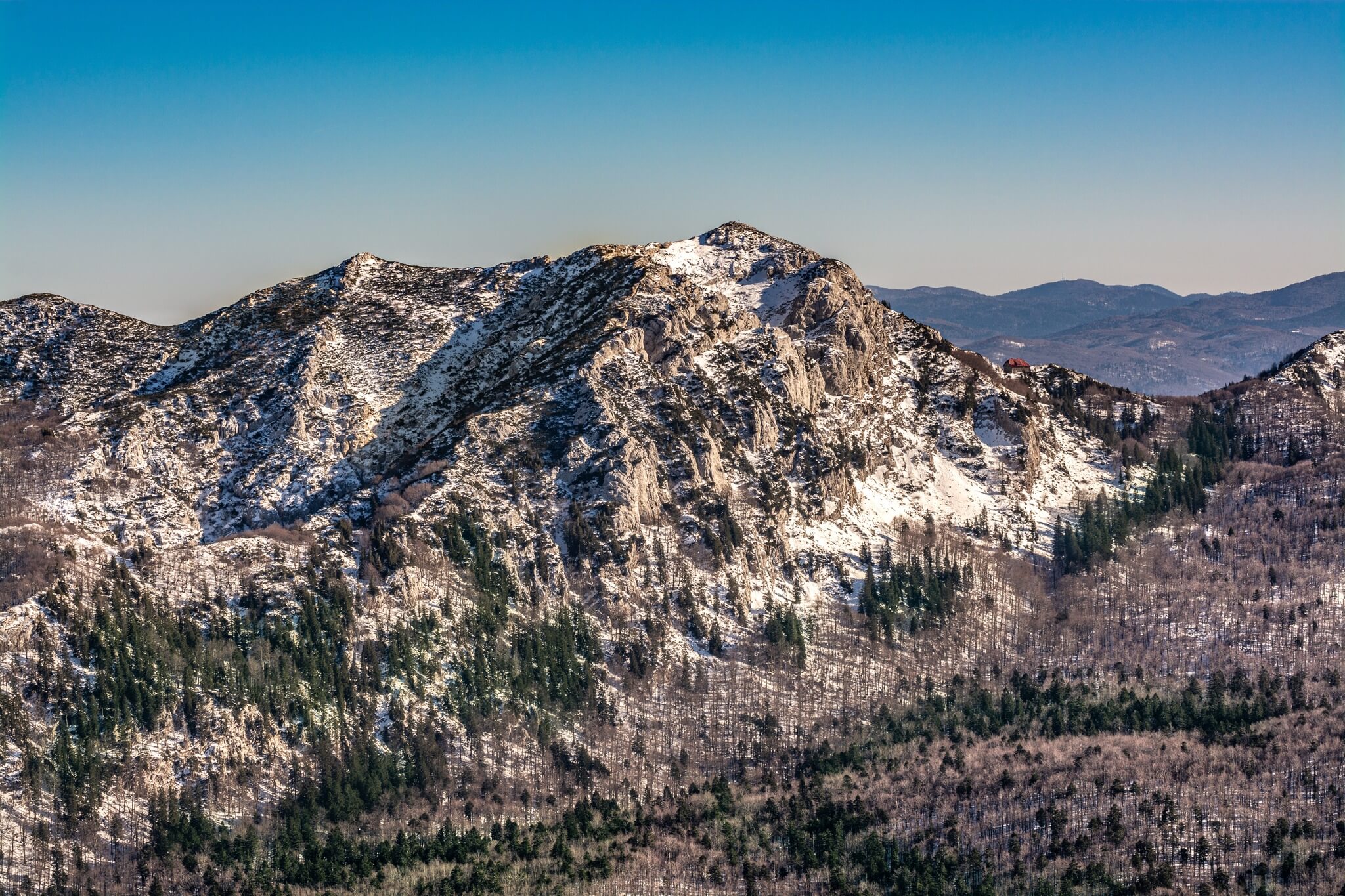 Snježnik hrvatski © Ivan Ćuća-Žentil
Snježnik hrvatski © Ivan Ćuća-Žentil
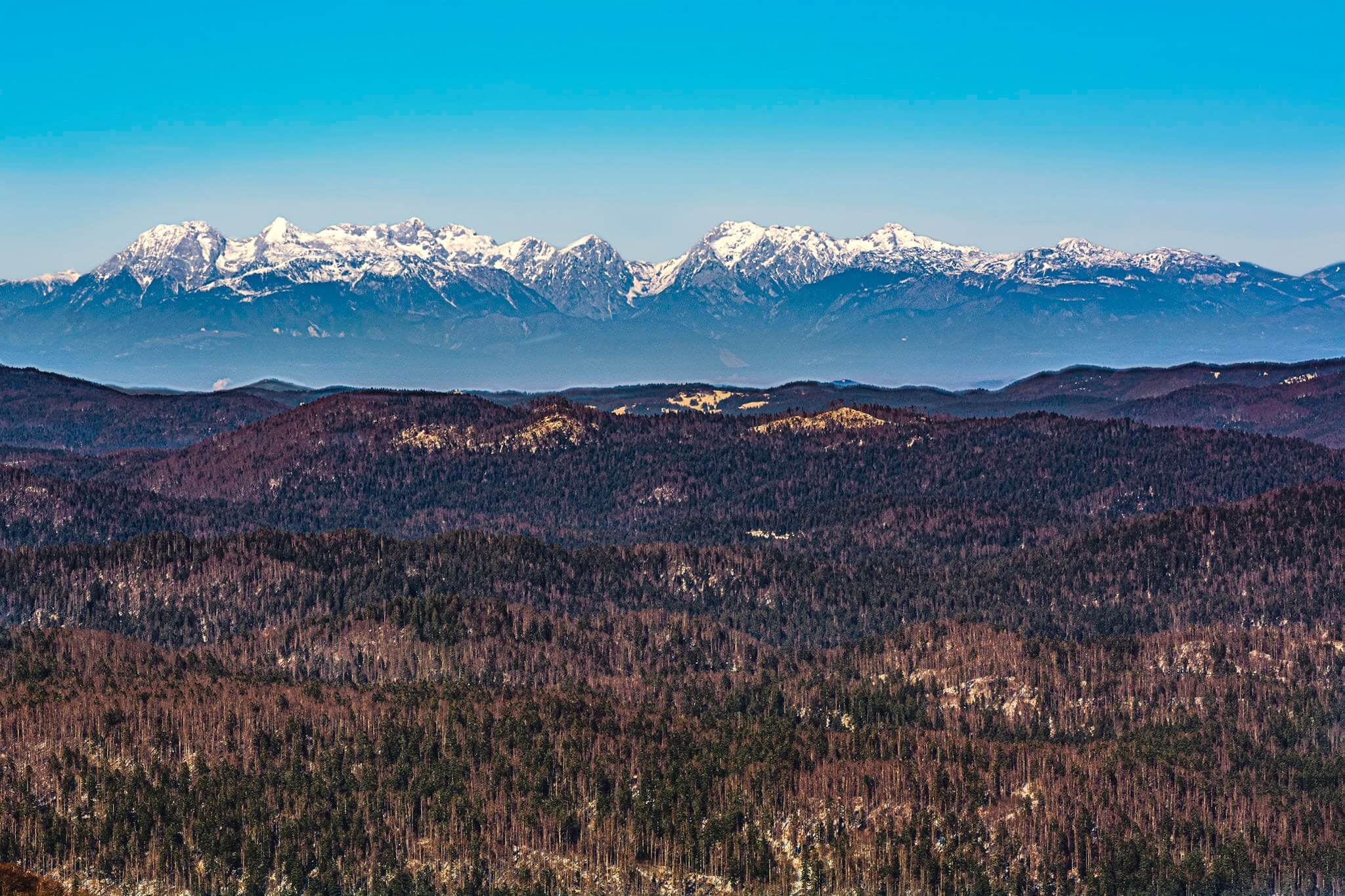 Snježnik hrvatski © Ivan Ćuća-Žentil
Snježnik hrvatski © Ivan Ćuća-Žentil
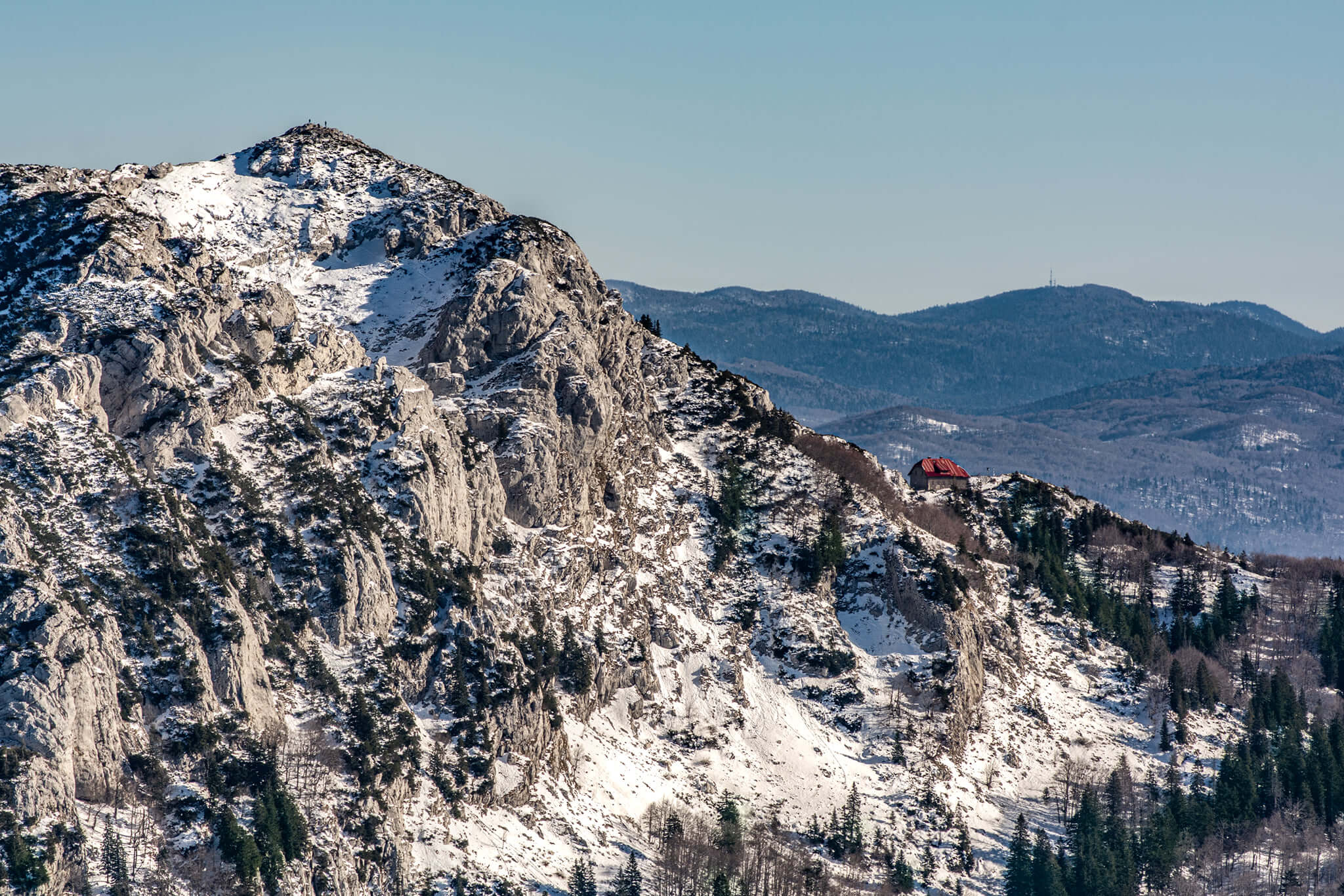 Snježnik hrvatski © Ivan Ćuća-Žentil
Snježnik hrvatski © Ivan Ćuća-Žentil
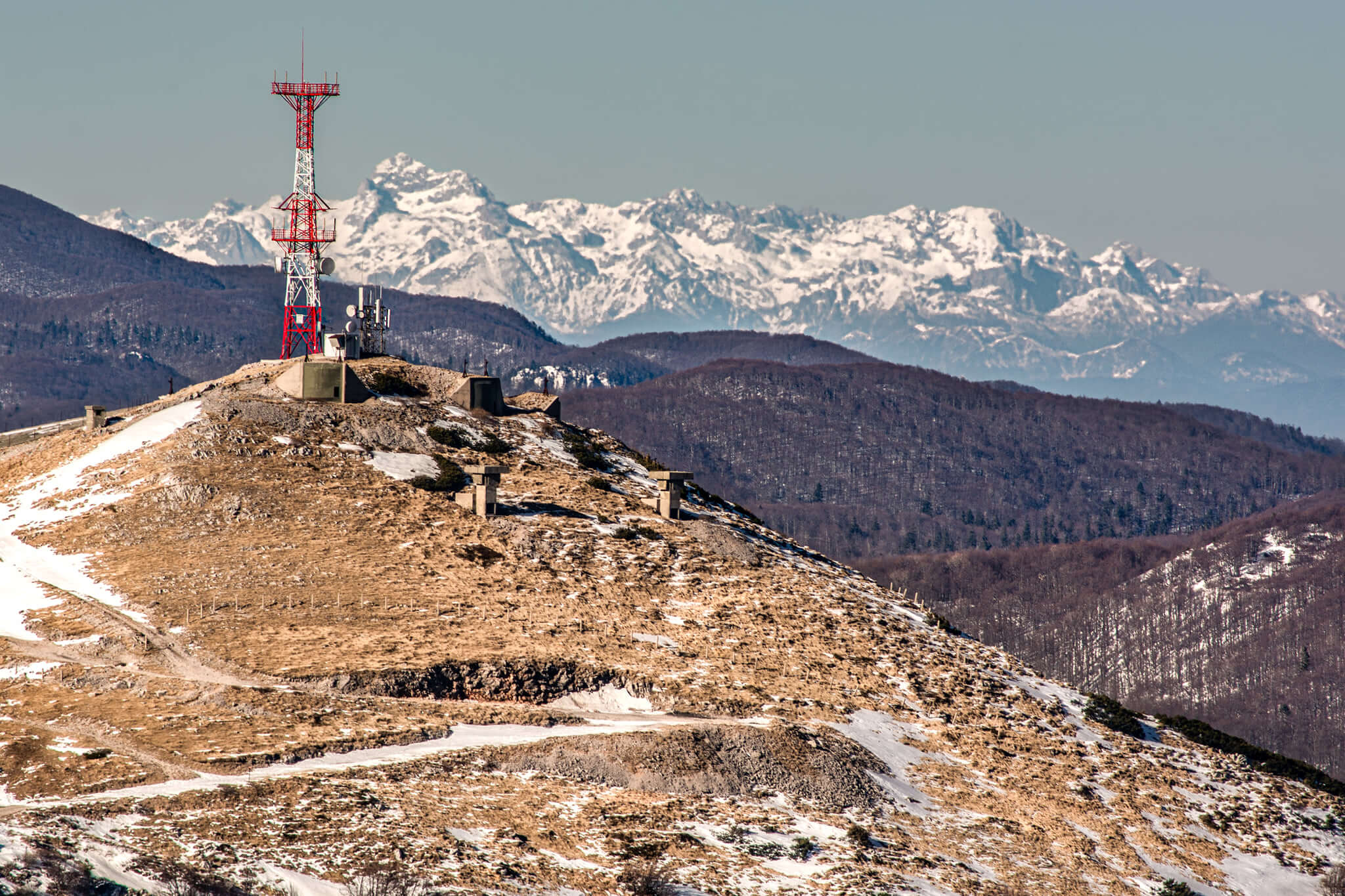 Snježnik hrvatski © Ivan Ćuća-Žentil
Snježnik hrvatski © Ivan Ćuća-Žentil
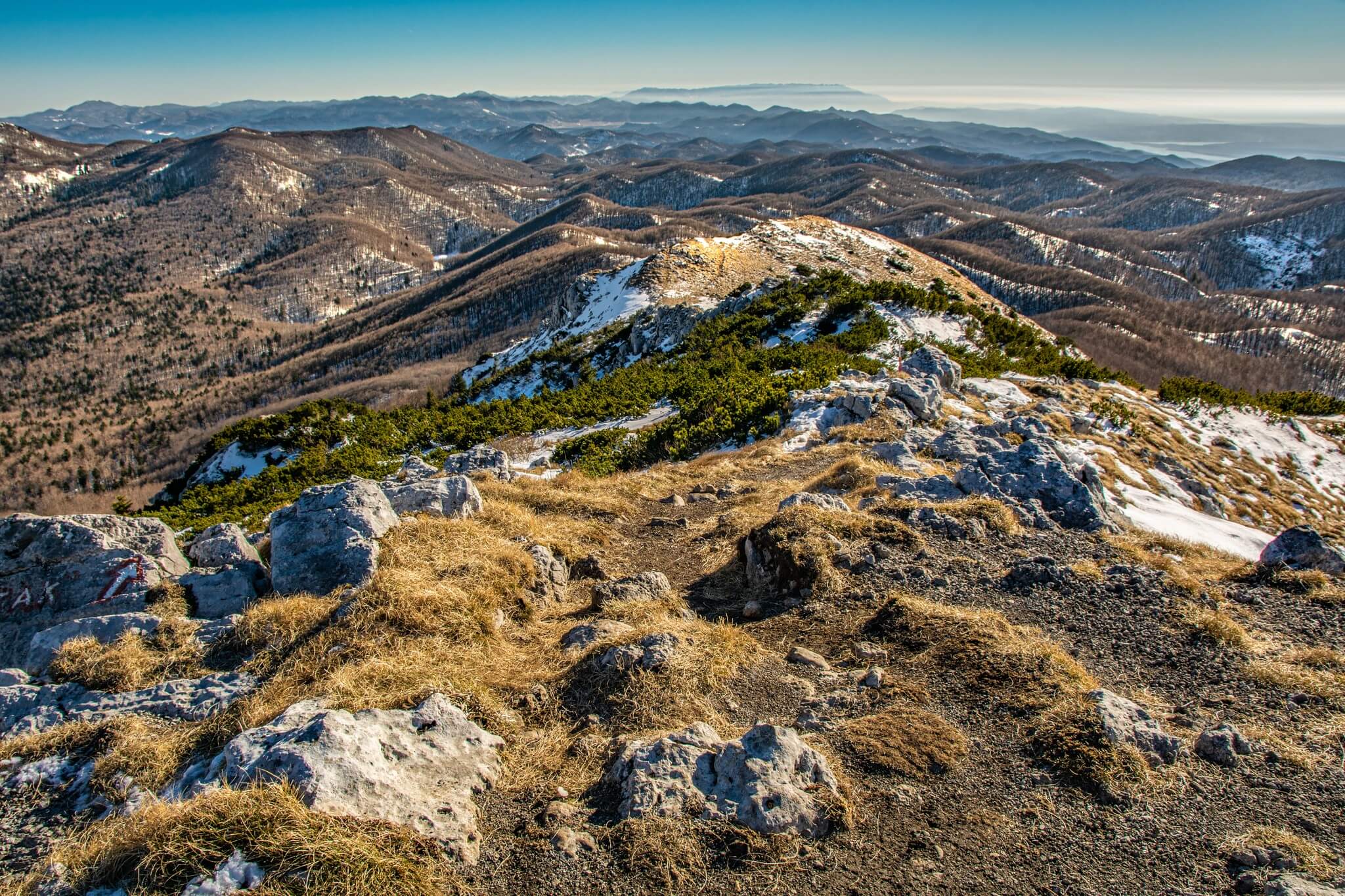 Snježnik hrvatski © Ivan Ćuća-Žentil
Snježnik hrvatski © Ivan Ćuća-Žentil
For more about Risnjak National Park, look here
Velebit
Northern Velebit National Park
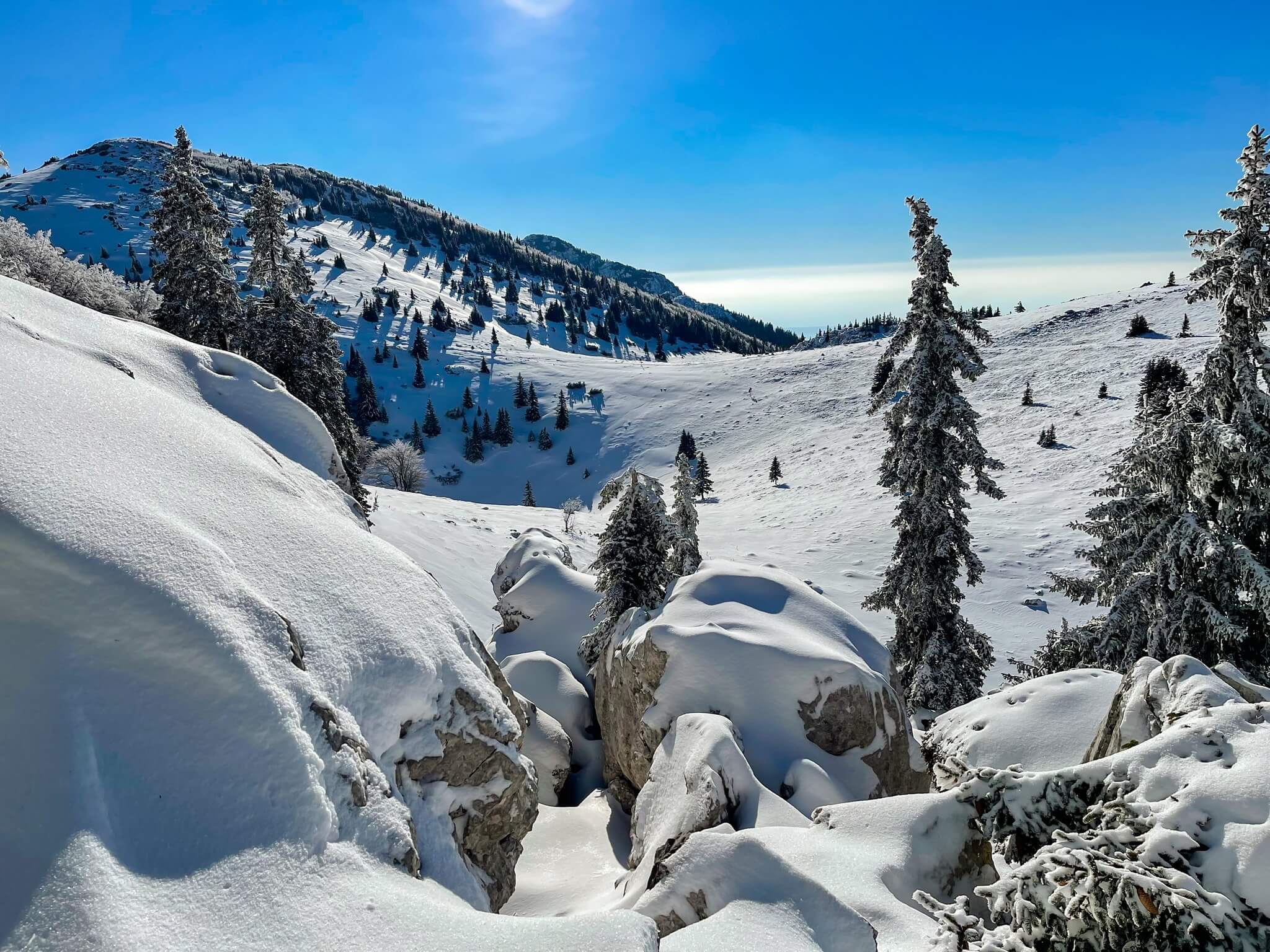 © Dejan Delač
© Dejan Delač
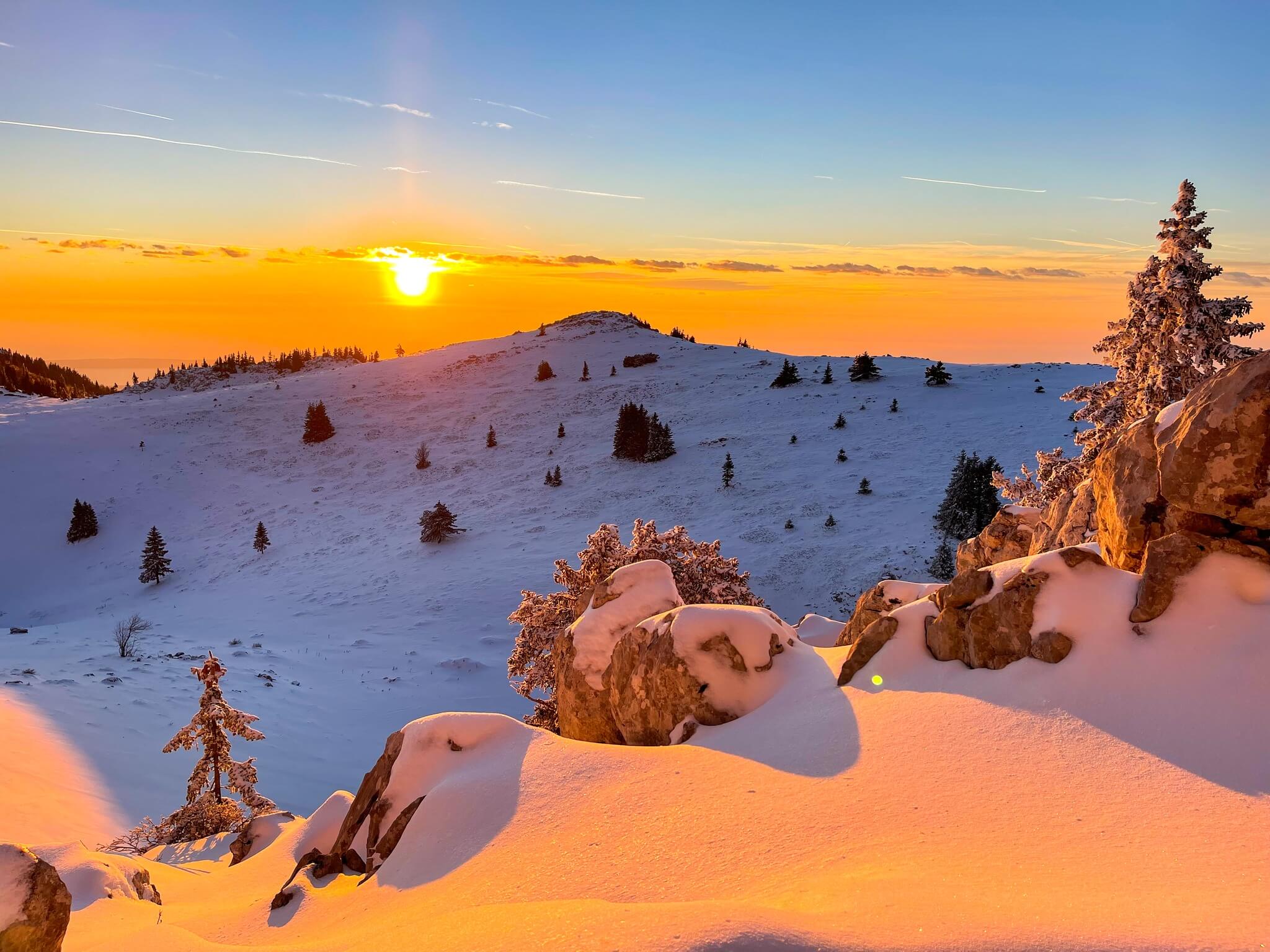 © Dejan Delač
© Dejan Delač
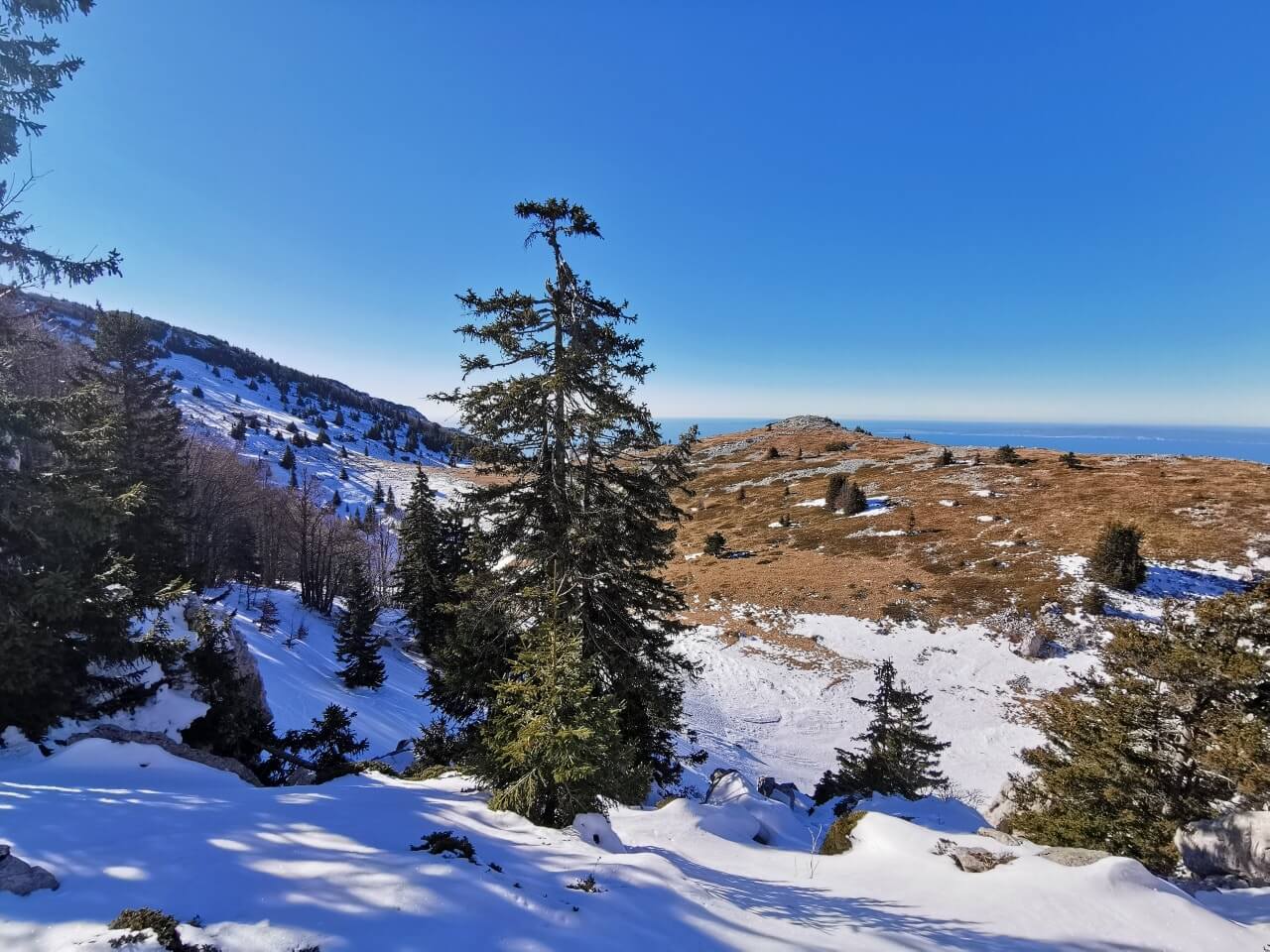 © Vedran Katalinić
© Vedran Katalinić
For more about Northern Velebit National Park, look here
Velebit Nature Park
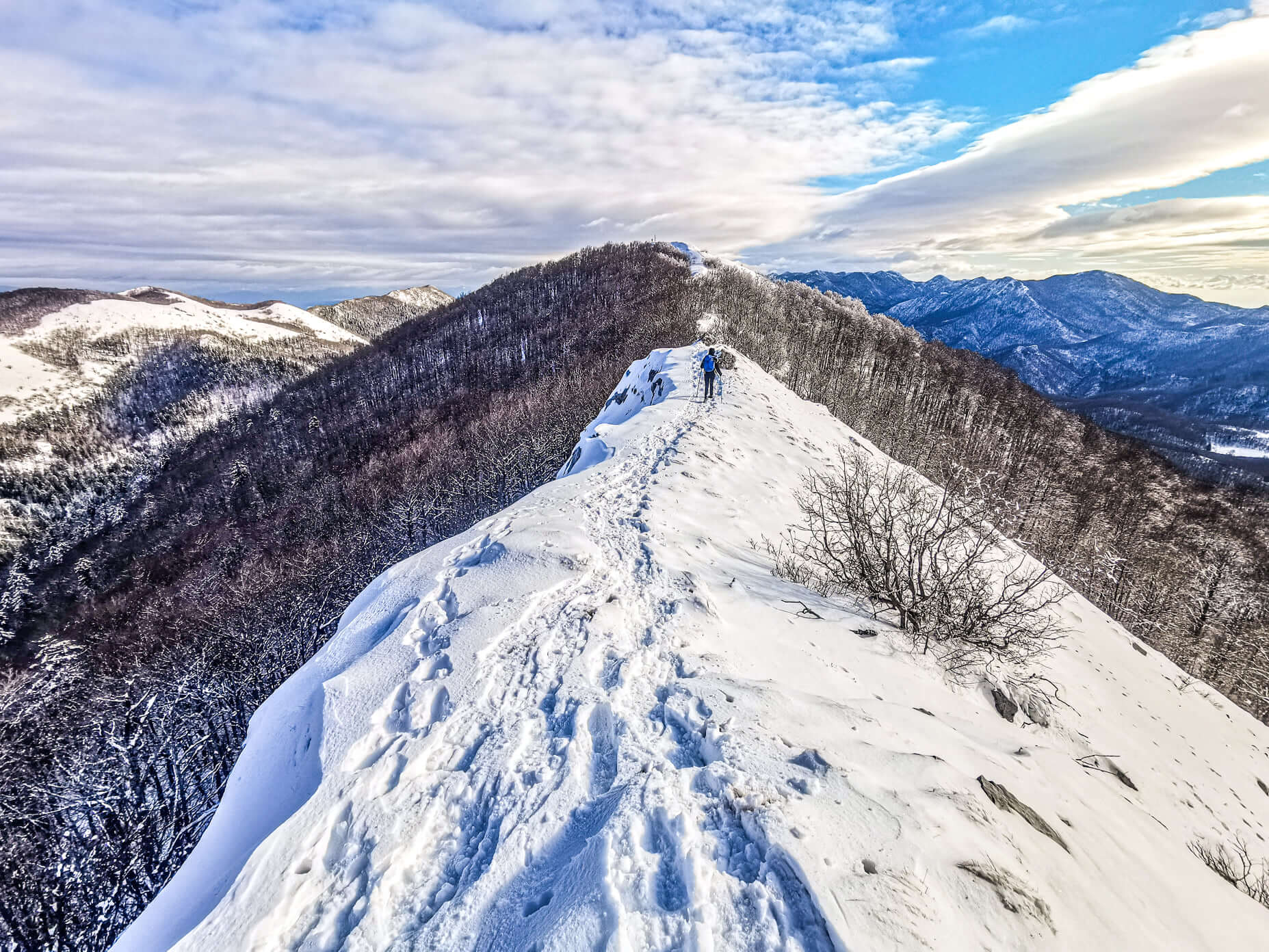 Ljubičko Brdo © Ivan Ćuća-Žentil
Ljubičko Brdo © Ivan Ćuća-Žentil
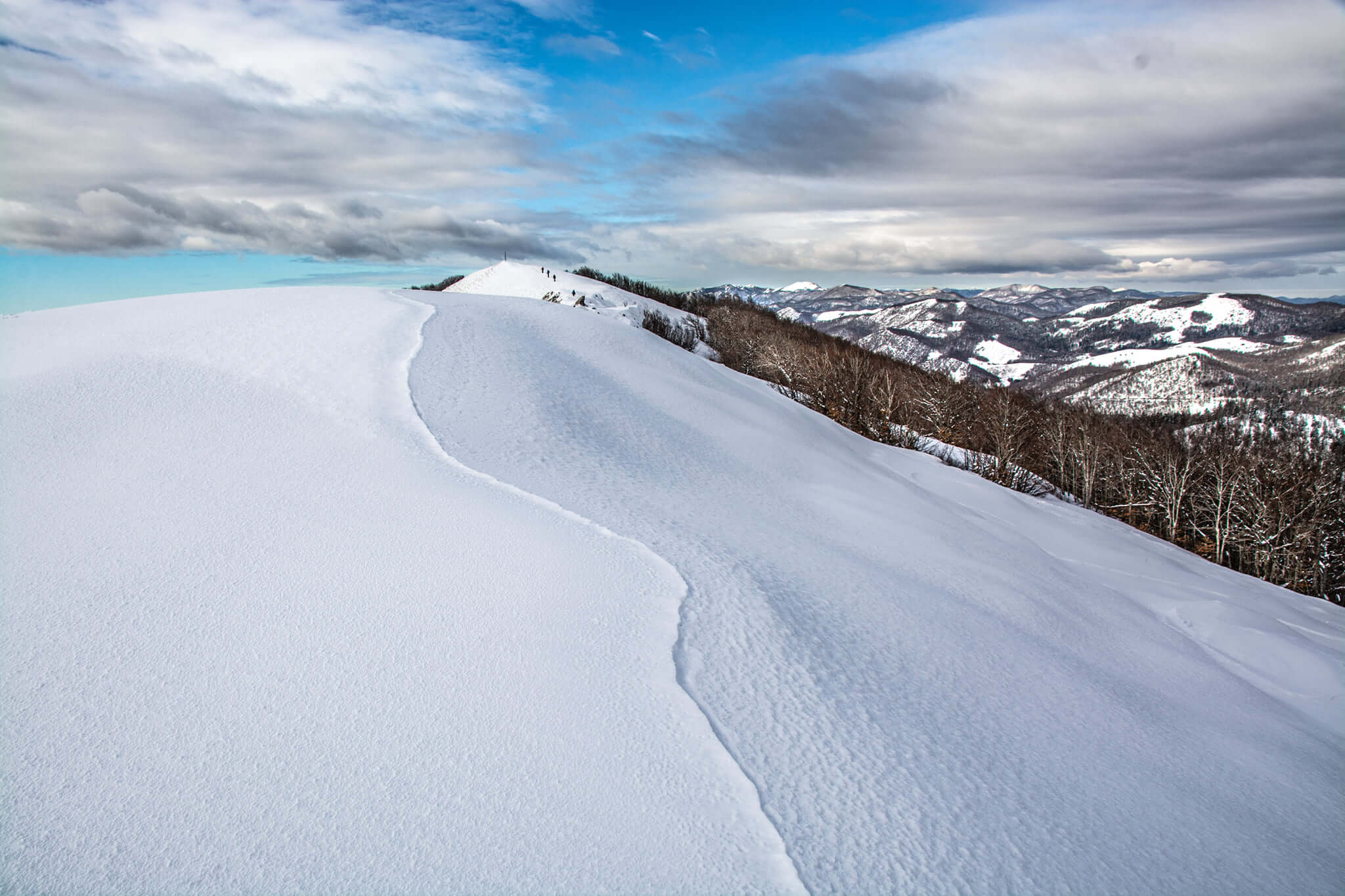 Ljubičko Brdo © Ivan Ćuća-Žentil
Ljubičko Brdo © Ivan Ćuća-Žentil
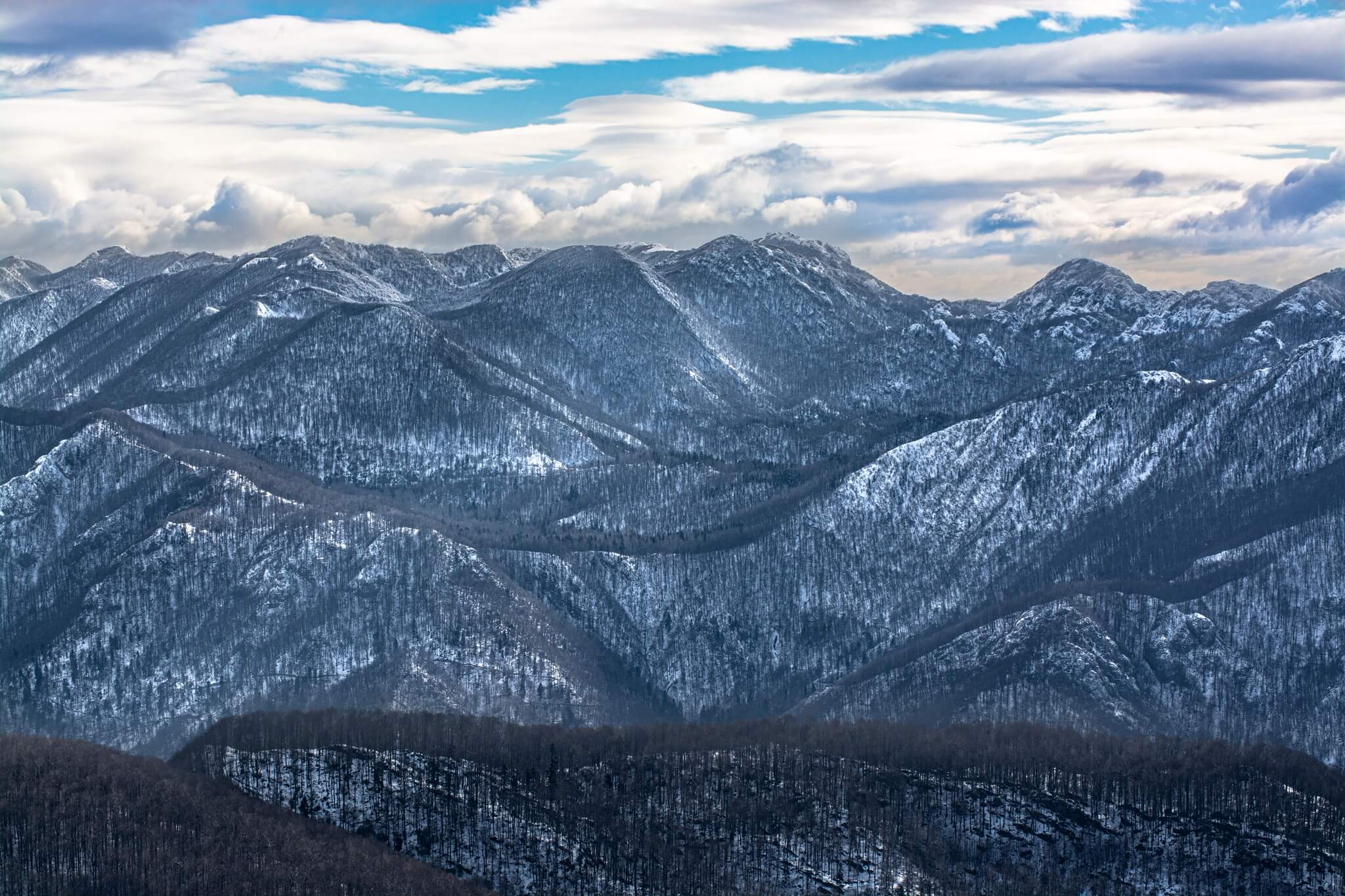 Ljubičko Brdo © Ivan Ćuća-Žentil
Ljubičko Brdo © Ivan Ćuća-Žentil
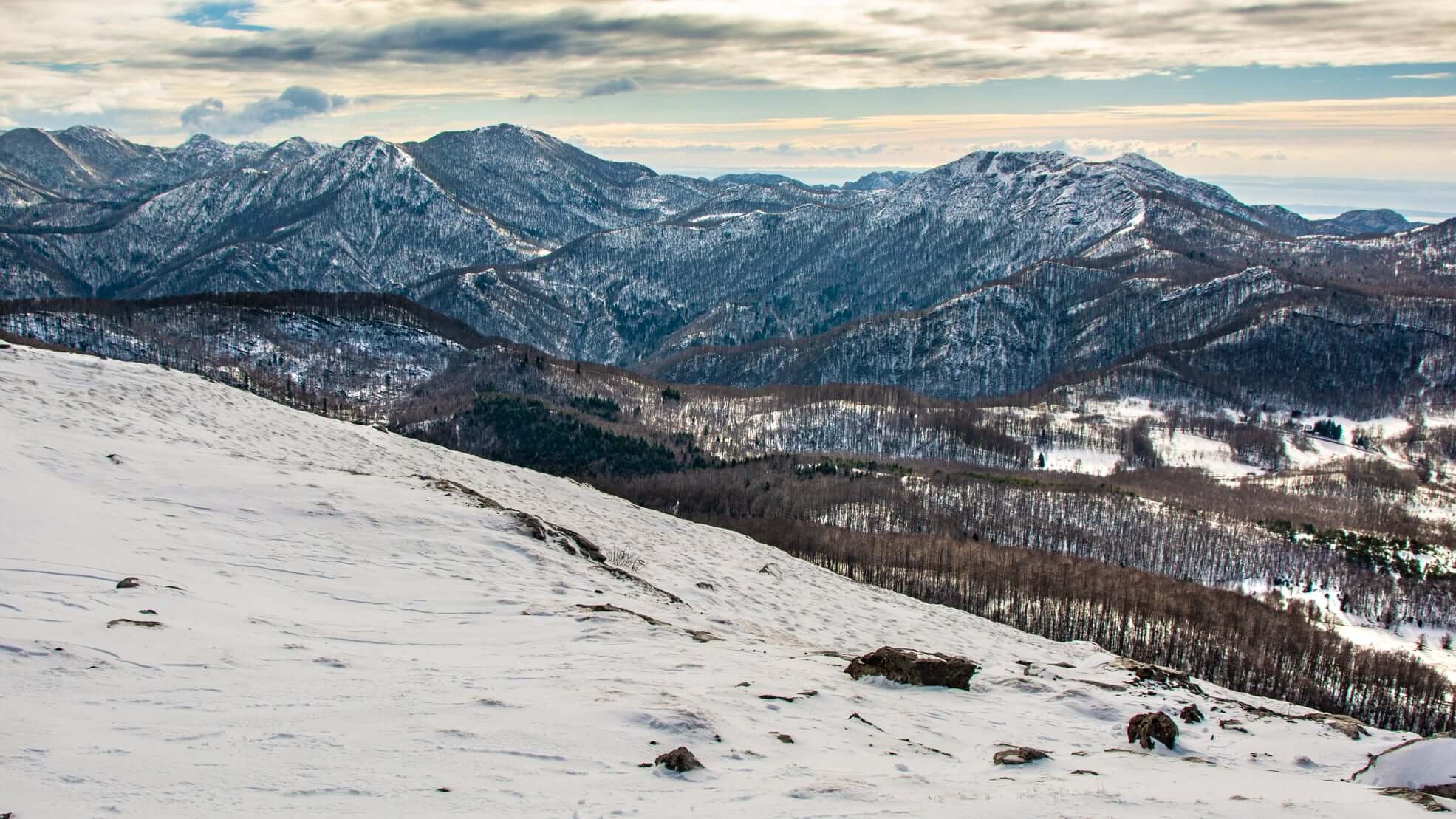 Ljubičko Brdo © Ivan Ćuća-Žentil
Ljubičko Brdo © Ivan Ćuća-Žentil
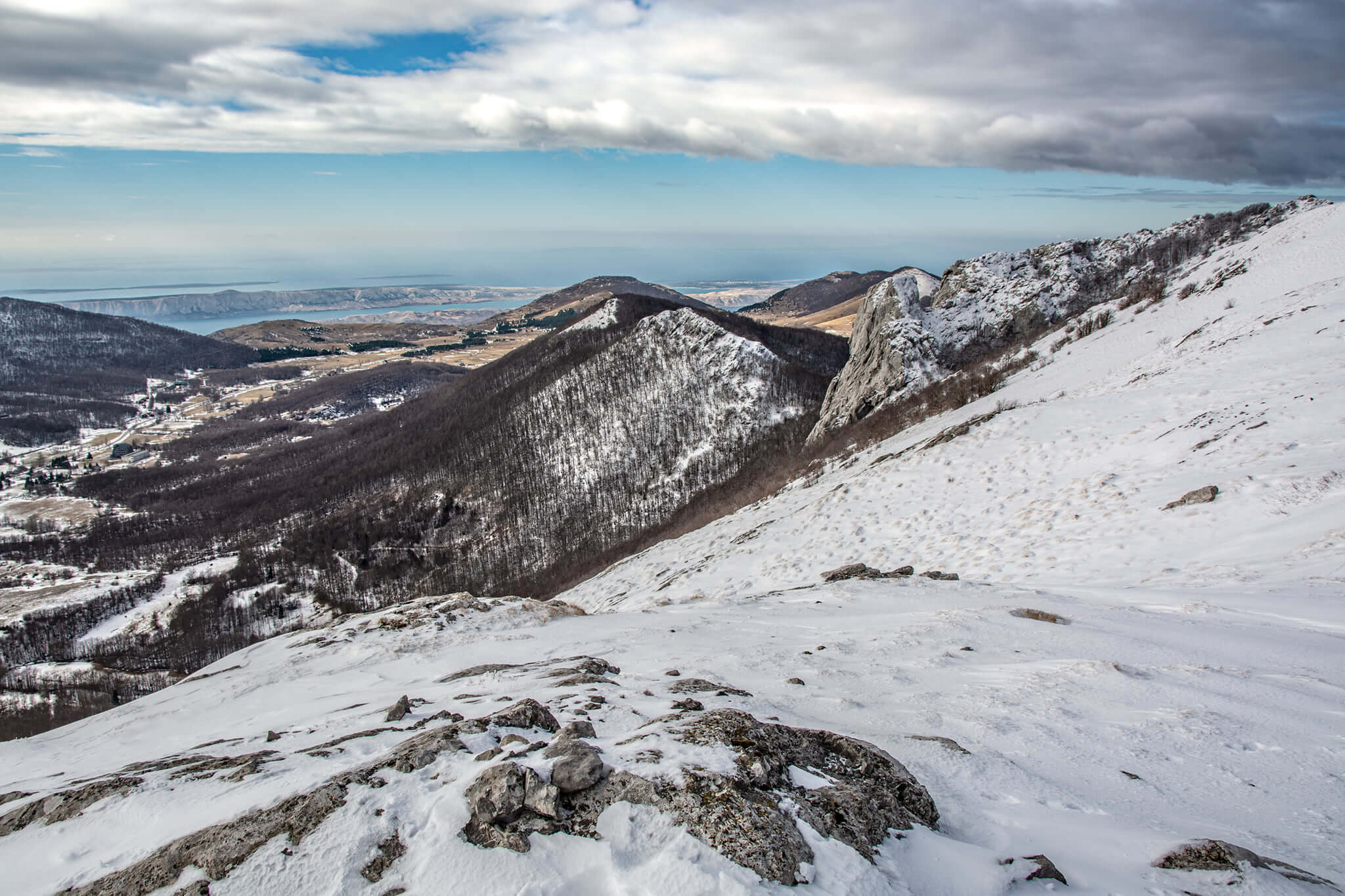 Ljubičko Brdo © Ivan Ćuća-Žentil
Ljubičko Brdo © Ivan Ćuća-Žentil
Paklenica National Park
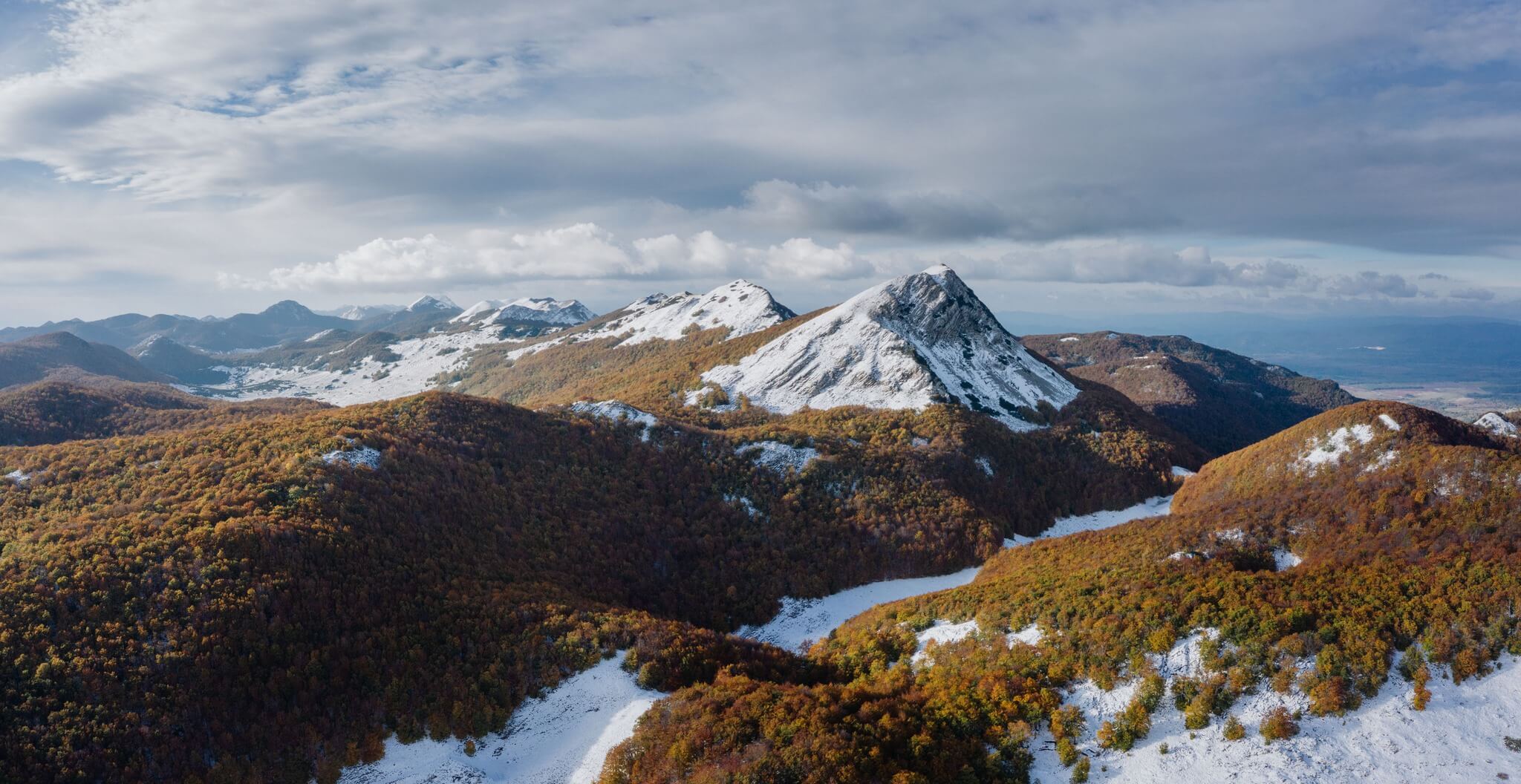 © Mario Jurina
© Mario Jurina
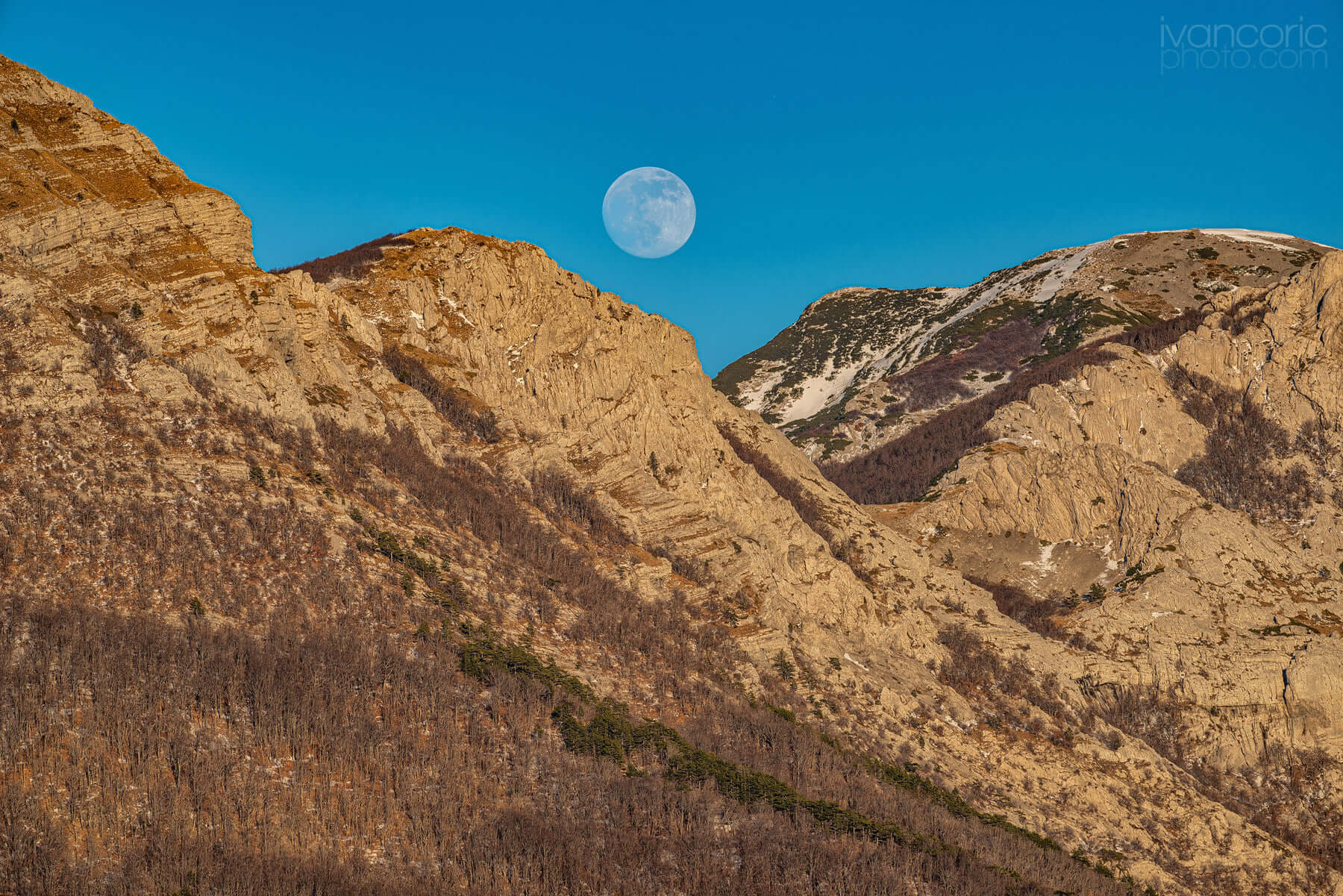 Bojinac © Ivan Coric Photography
Bojinac © Ivan Coric Photography
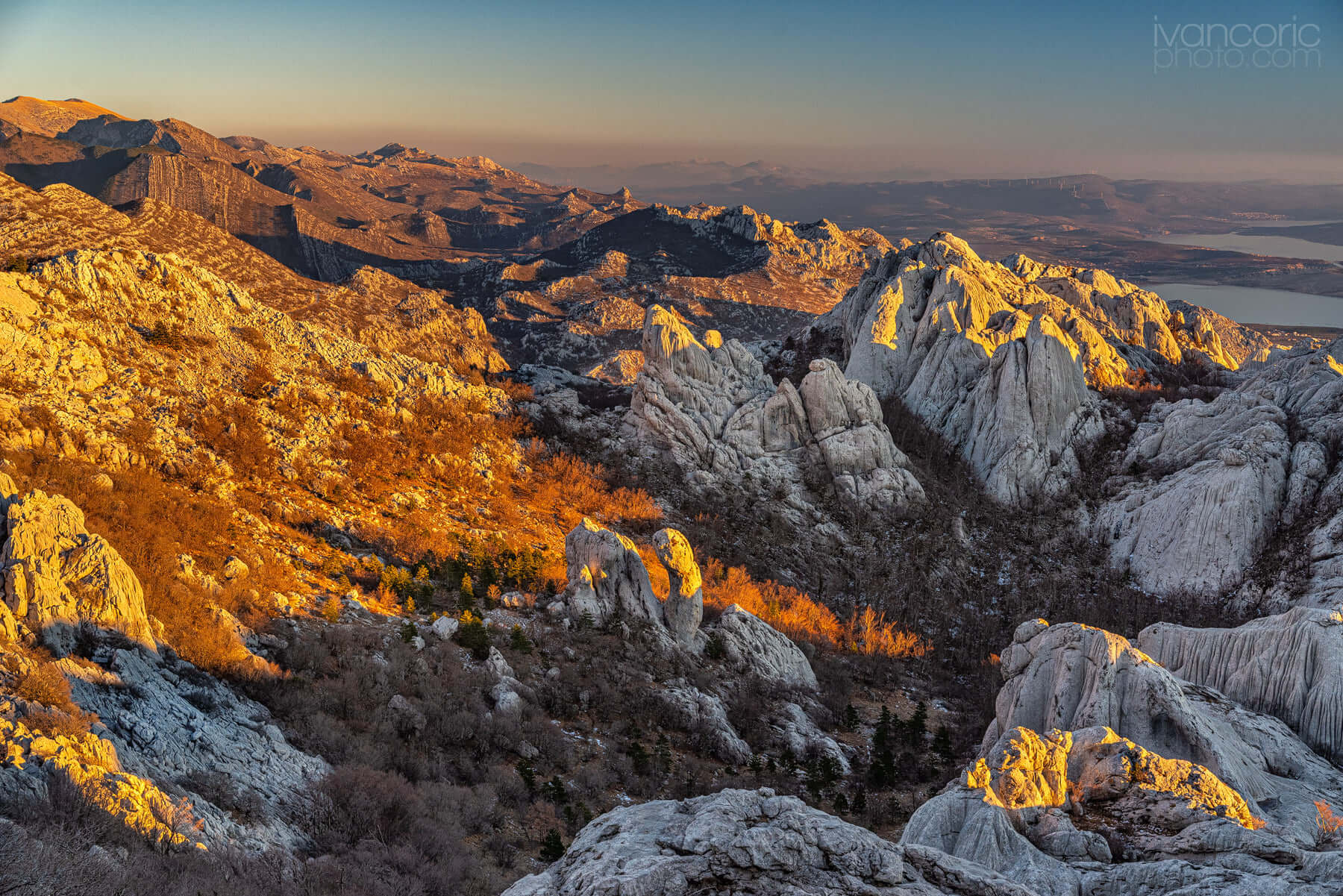 Bojinac © Ivan Coric Photography
Bojinac © Ivan Coric Photography
For more about Paklenica National Park, look here
Kloštar Podravski, Podravina and Koprivnica-Križevci County
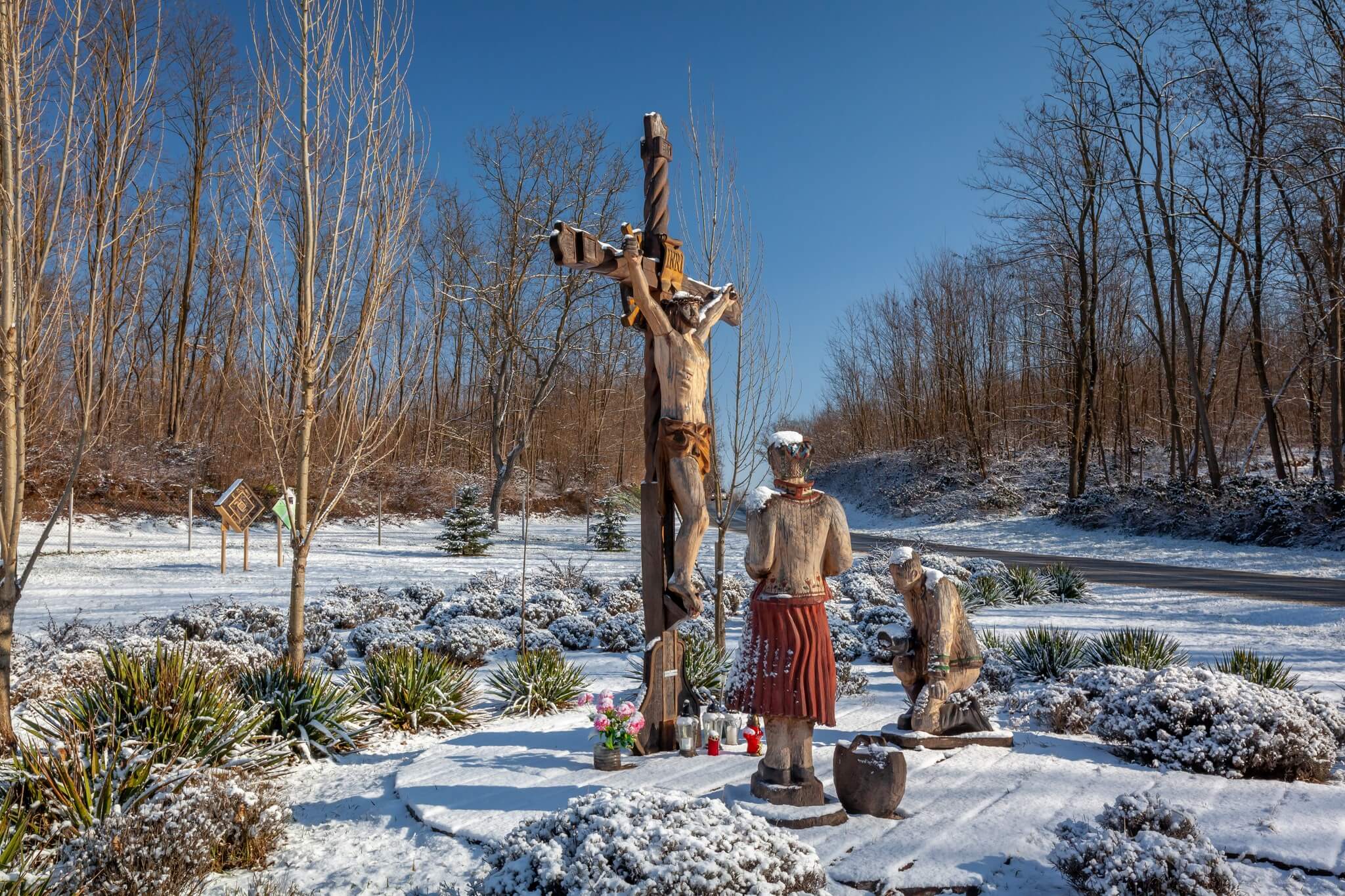 © Ivan Nemet
© Ivan Nemet
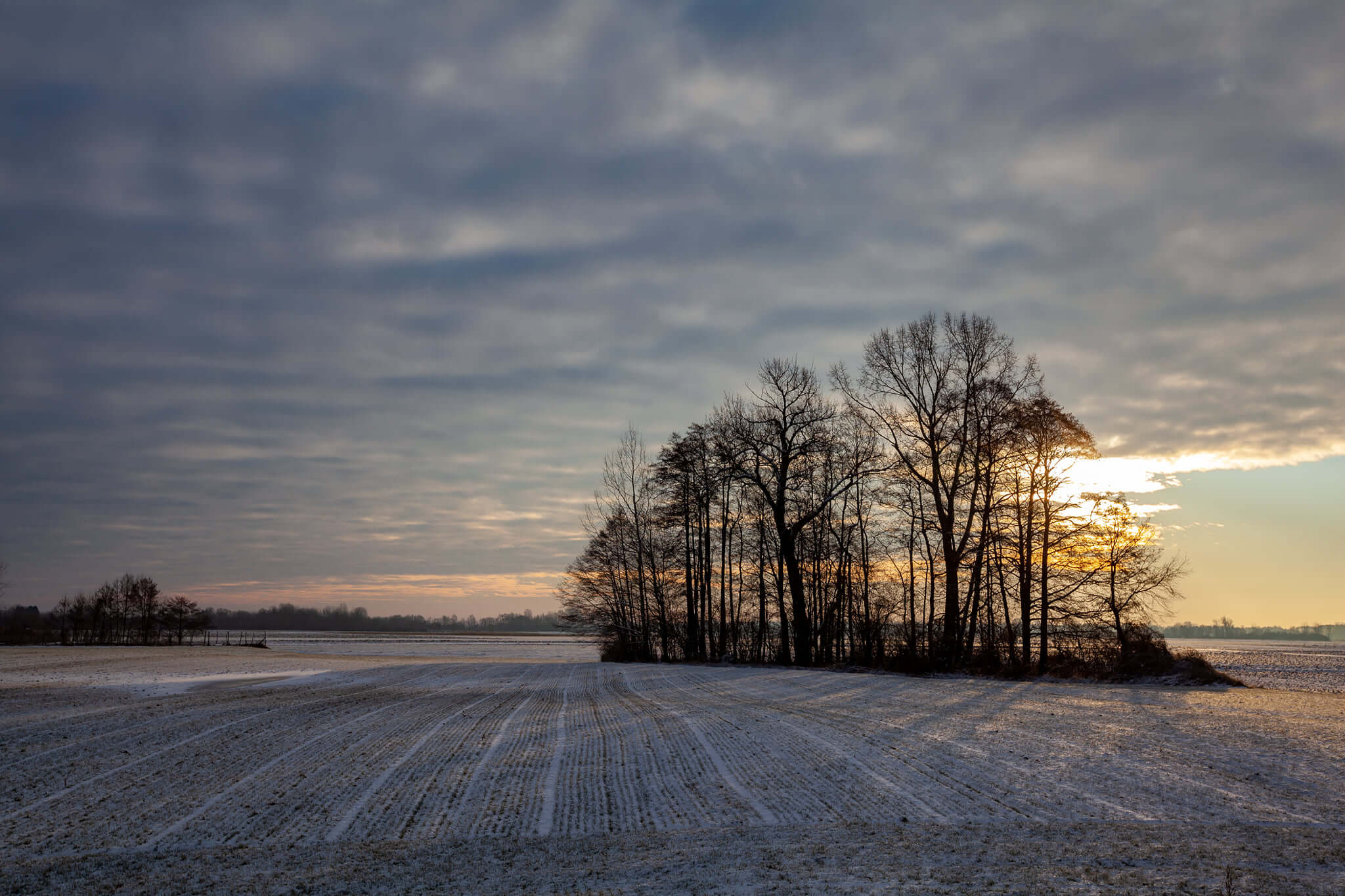 © Ivan Nemet
© Ivan Nemet
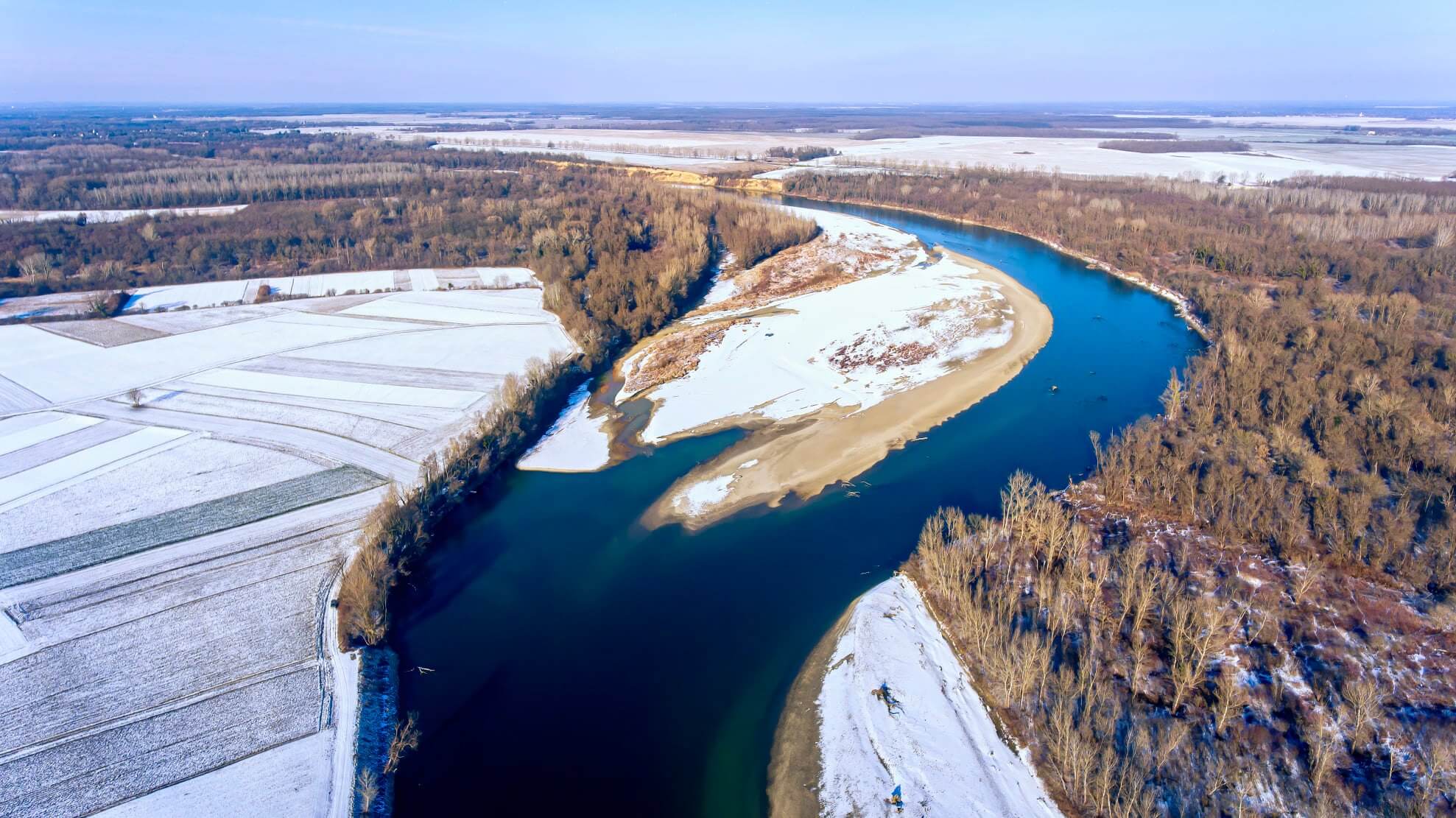 © Ivan Nemet
© Ivan Nemet
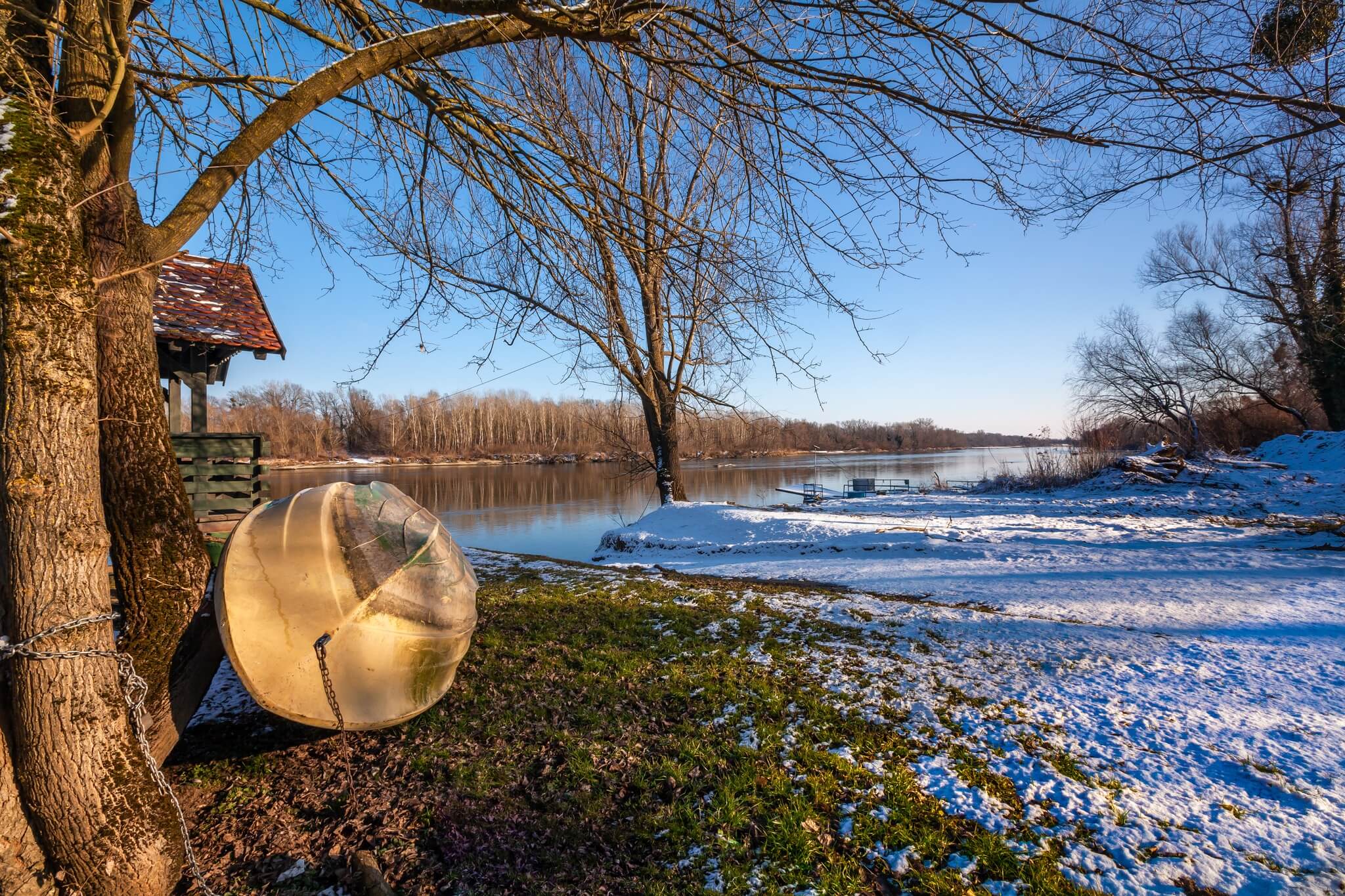 © Ivan Nemet
© Ivan Nemet
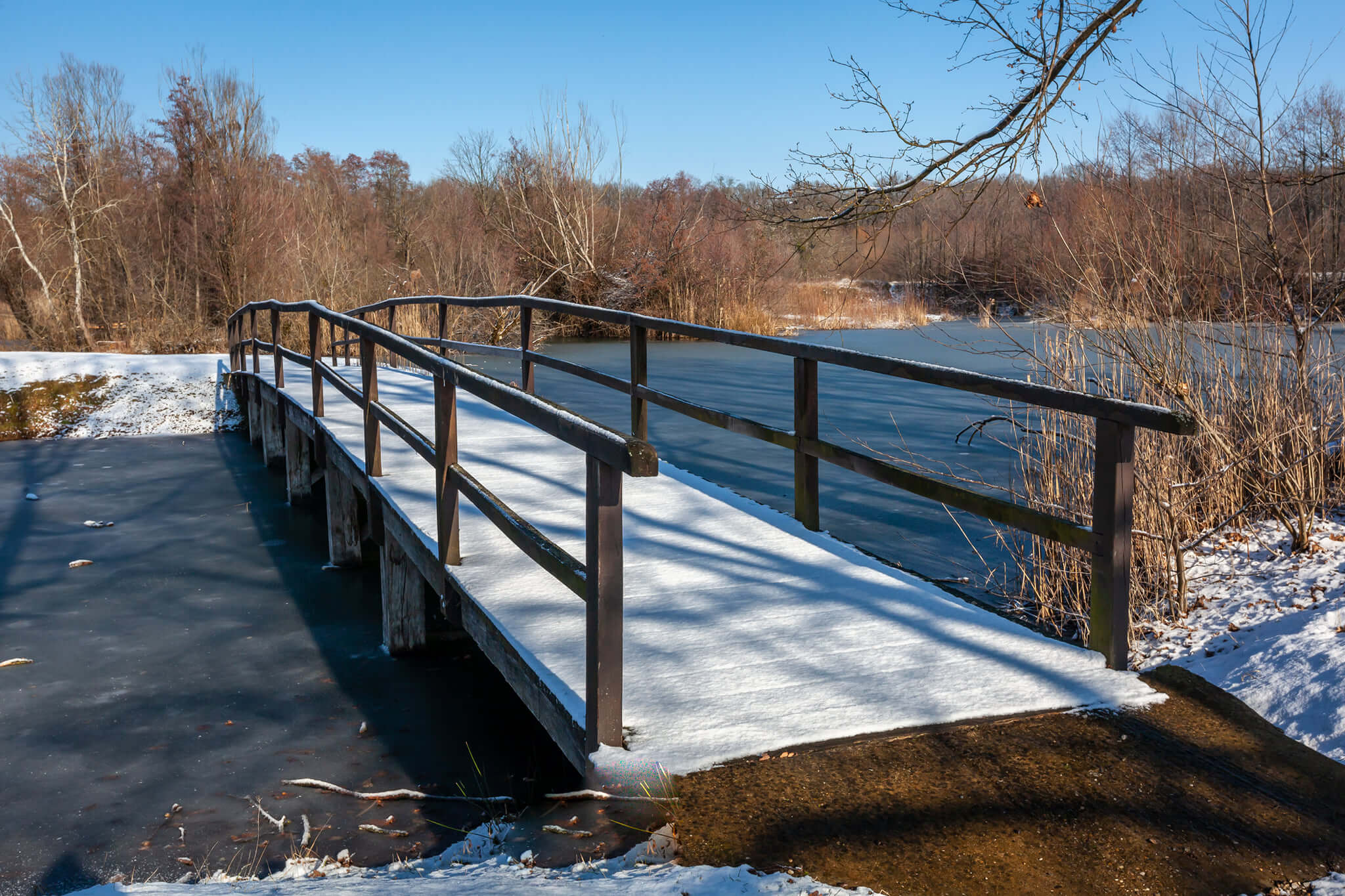 © Ivan Nemet
© Ivan Nemet
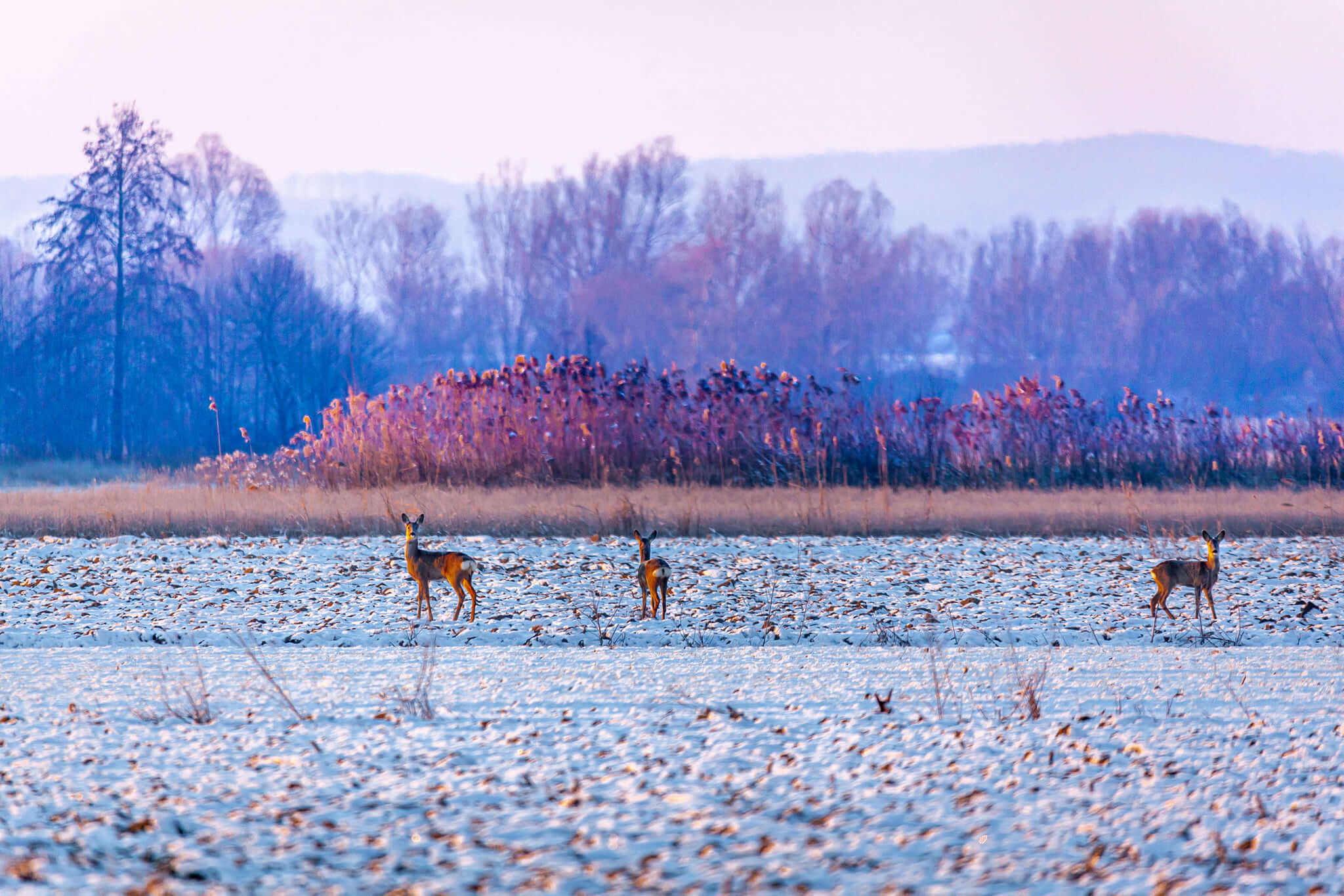 © Ivan Nemet
© Ivan Nemet
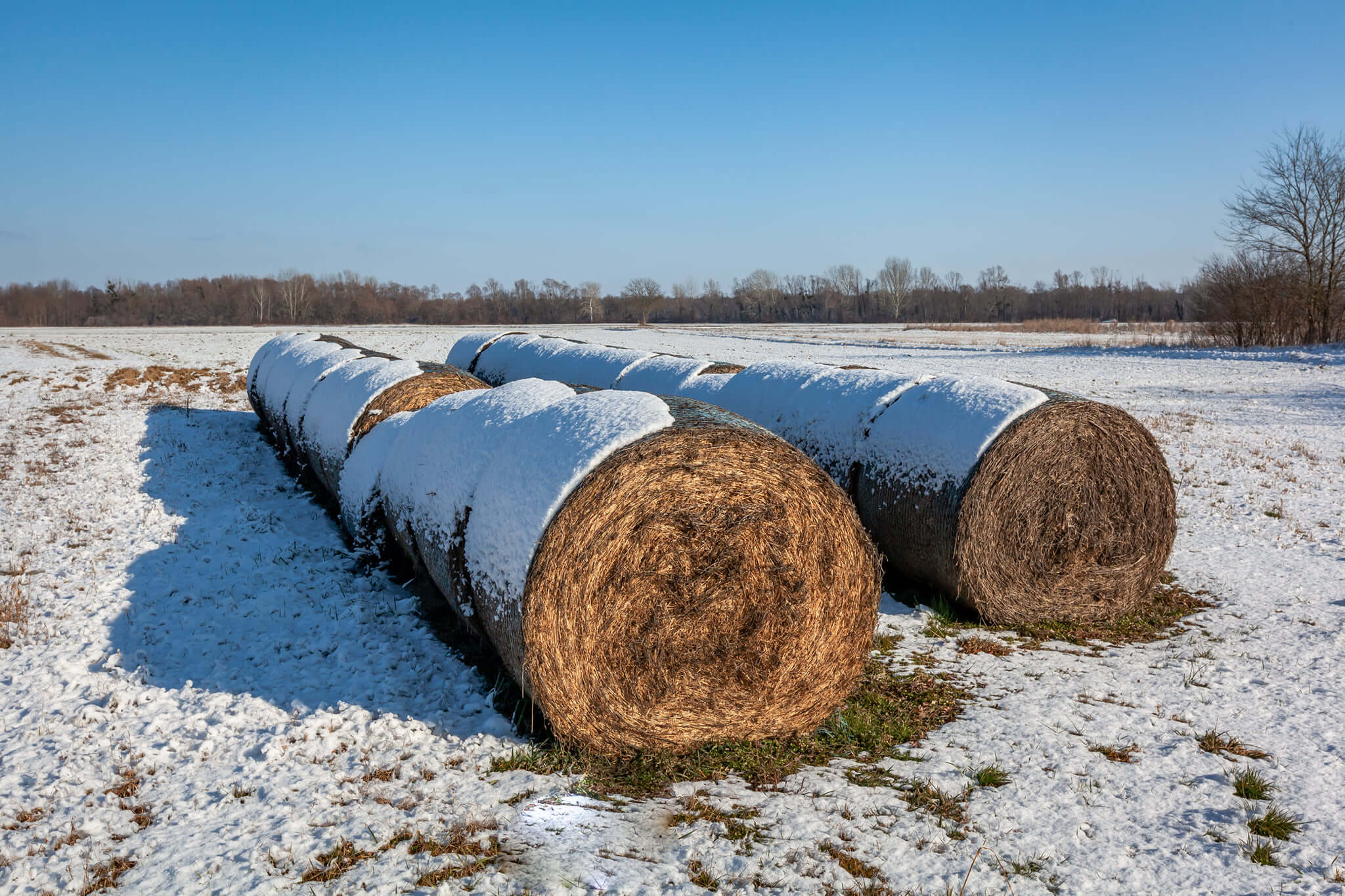 © Ivan Nemet
© Ivan Nemet
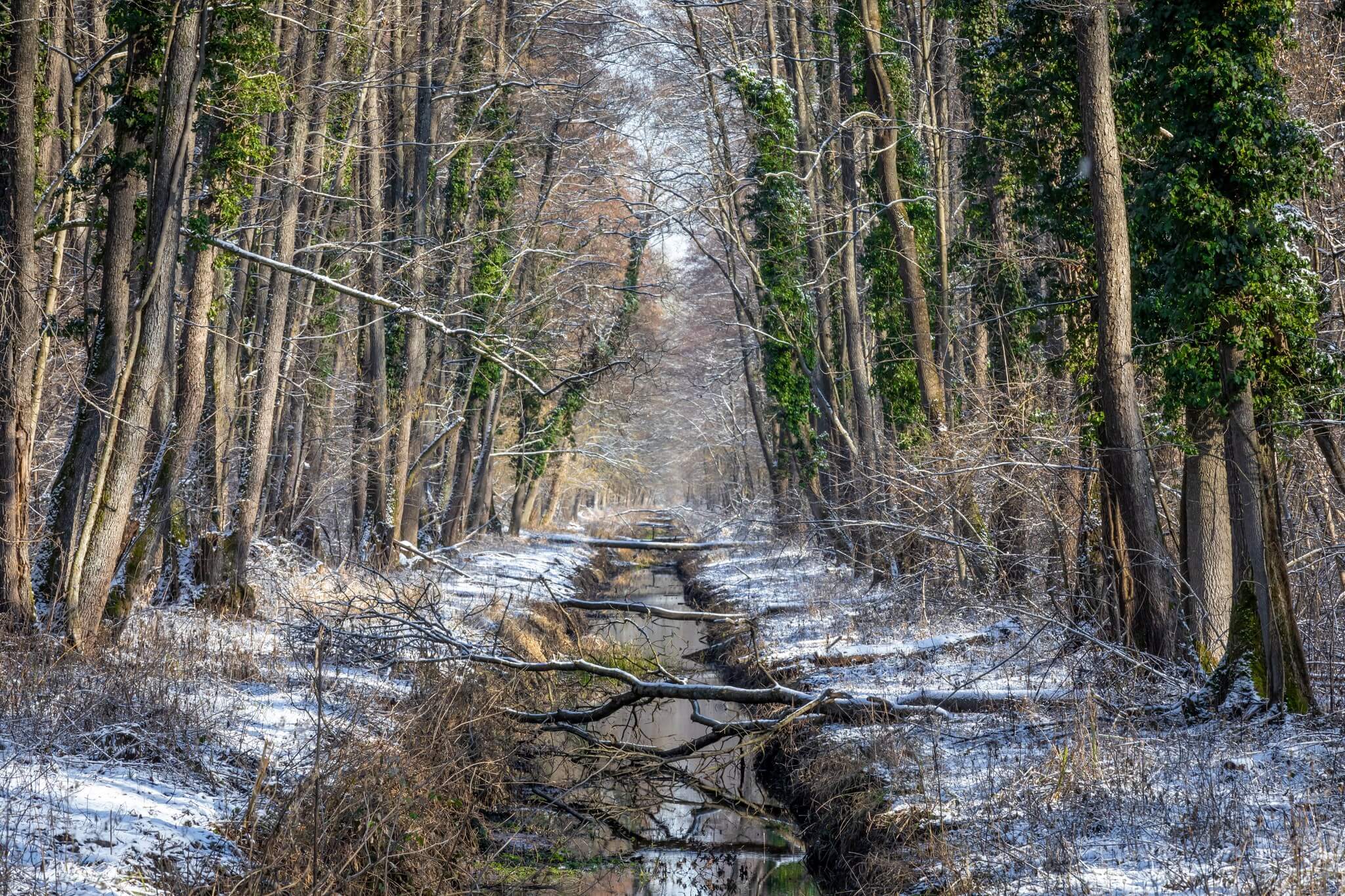 © Ivan Nemet
© Ivan Nemet
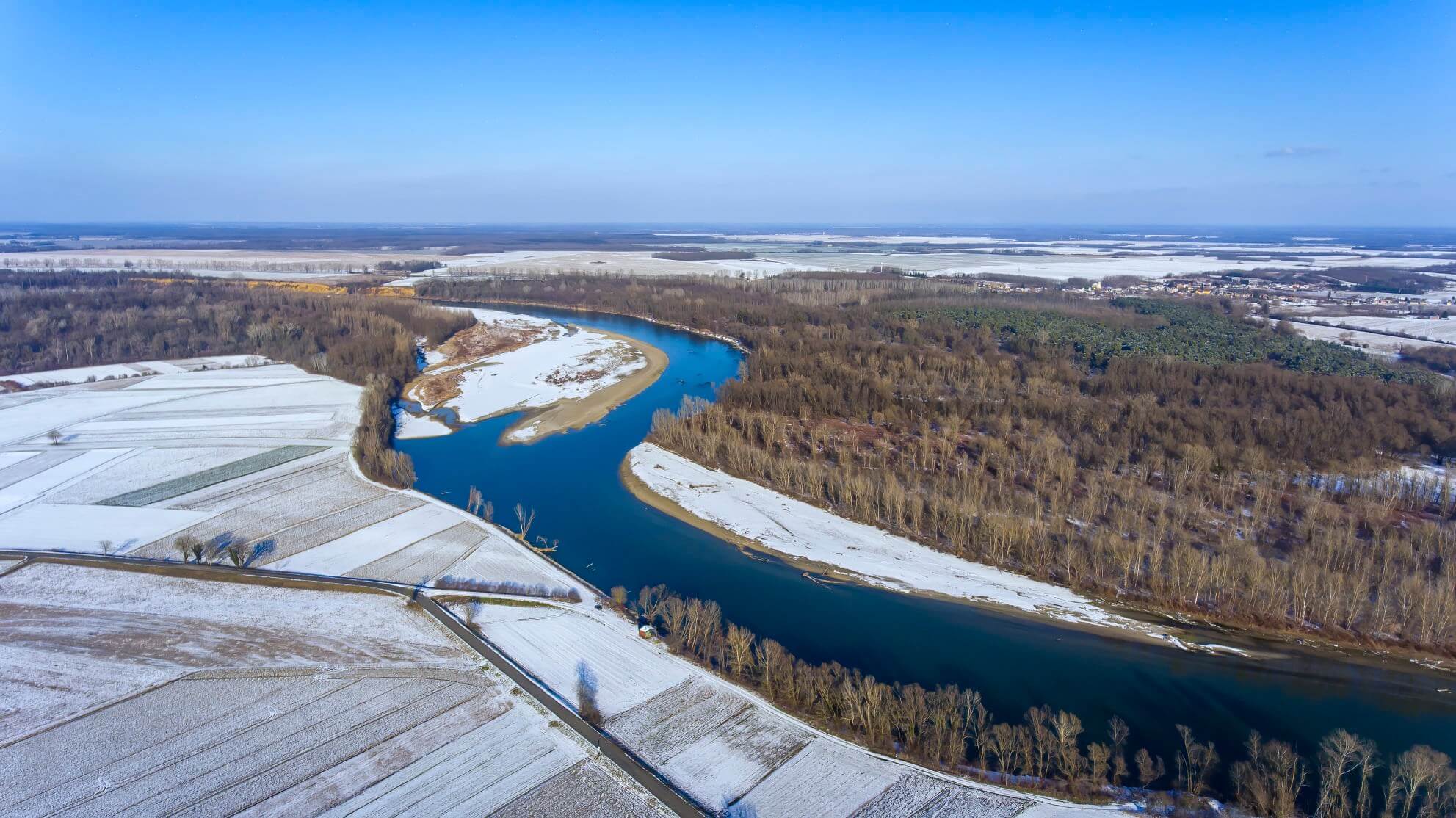 © Ivan Nemet
© Ivan Nemet
For more about the Drava river in Koprivnica-Križevci County look here. For more about the area of Podravina containing Kloštar Podravski and Đurđevac, look here
Slavonski Brod
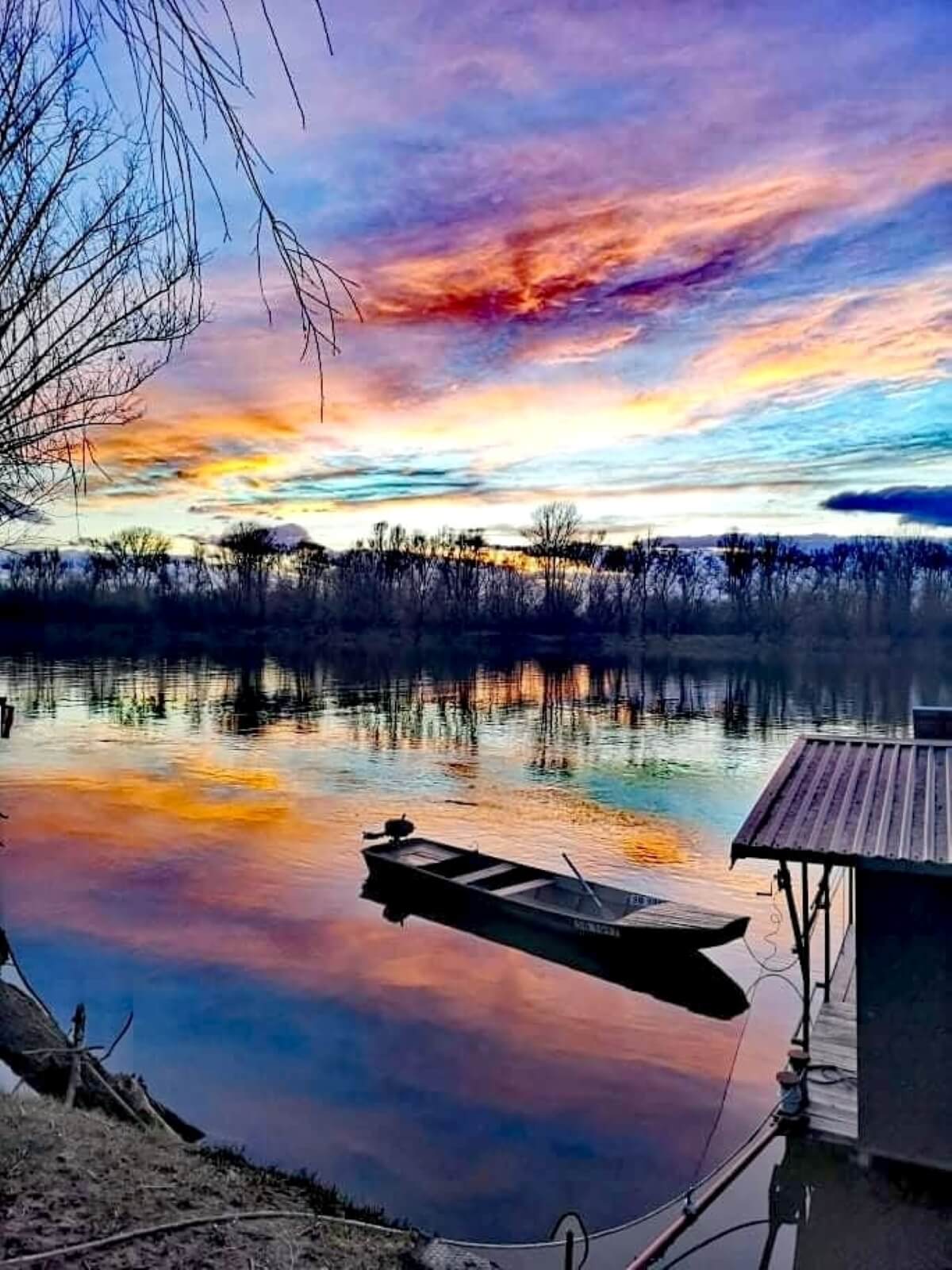 © Mirna Šikić
© Mirna Šikić
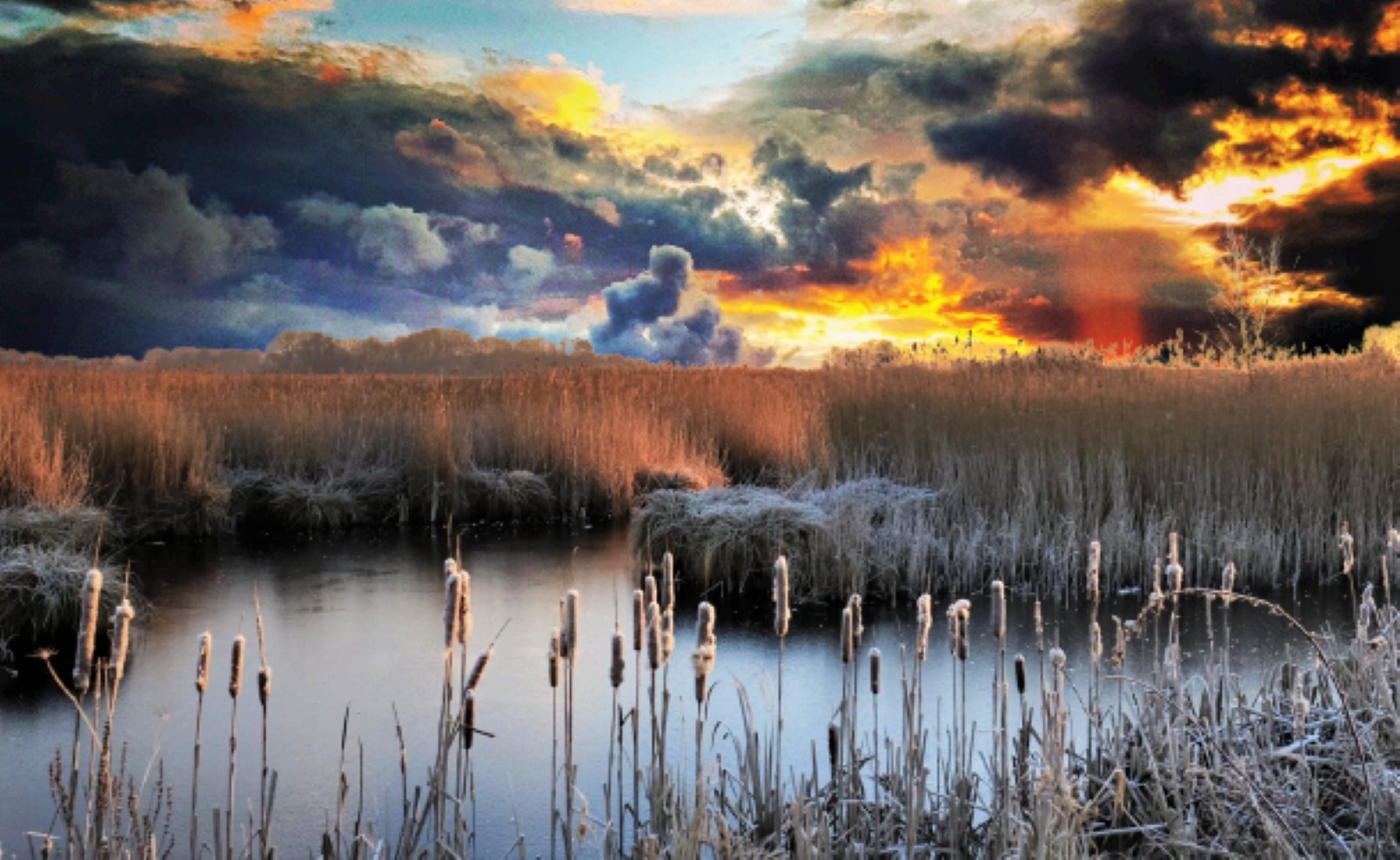 The wetlands and ponds in Oriovac near Slavonski Brod are not only home to fish - over 50 species of birds visit these waters © Antun Lukšić
The wetlands and ponds in Oriovac near Slavonski Brod are not only home to fish - over 50 species of birds visit these waters © Antun Lukšić
For more about Slavonski Brod, look here
Žumberak-Samoborsko gorje Nature Park
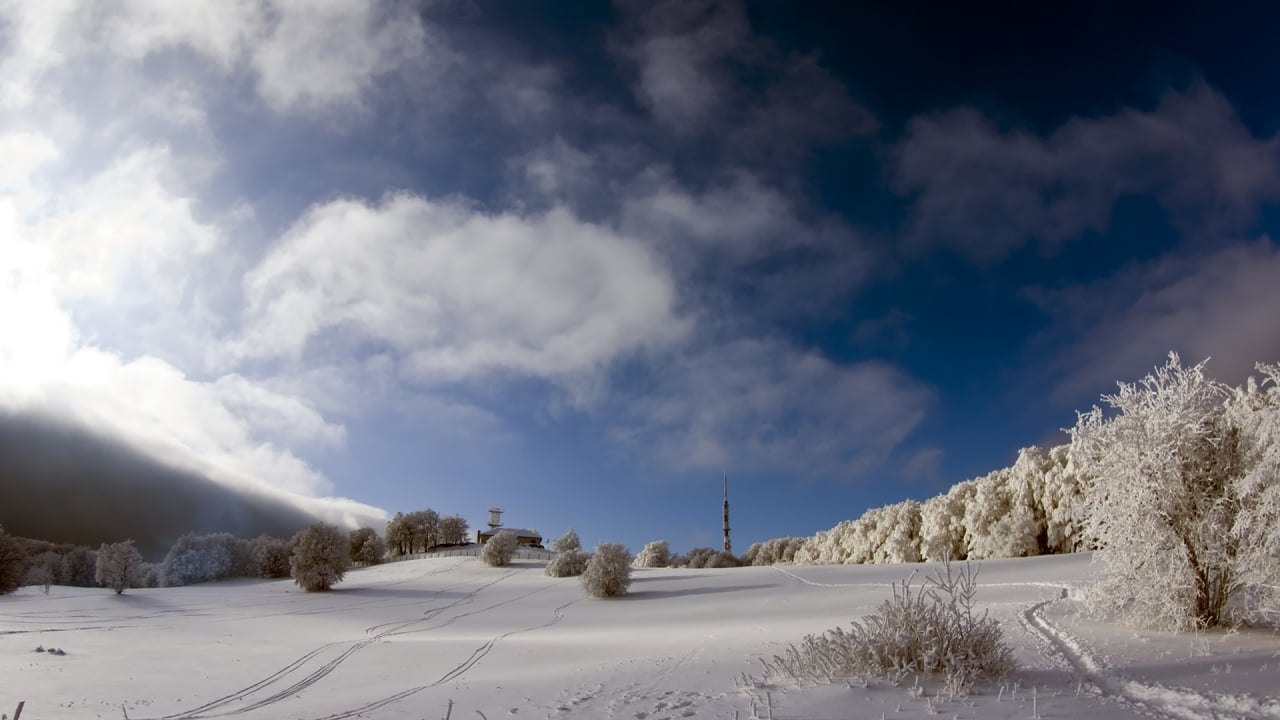 The high peak of Sveti Gera, on the western edge of Žumberak-Samoborsko gorje Nature Park © Domagoj Novosel
The high peak of Sveti Gera, on the western edge of Žumberak-Samoborsko gorje Nature Park © Domagoj Novosel
The author would like to thank each of the photographers who kindly loaned their work to him for this article
Beech Forest in Croatian National Parks Joins UNESCO World Heritage Site
The UNESCO World Heritage Committee was held from July 2-12, 2017 in Krakow, Poland.
Primeval Beech Forests of Northern Velebit and Paklenica National Parks Make the UNESCO List
Croatia was added by extending the existing list of Primeval Beech Forests, which now includes 12 countries


